Franco Califano sang wonderful songs, imbued with a desperation that enters the bones. Songs so beautiful, intense, sweet, angry and poignant. Sadly true...., representation of the love of those who have always loved fleeting but real love. Great timeless romantic ironic but he sang life. Califano, man of the people. Poet of all generations, with a sensitive and sincere soul, an adorable bastard. And then that voice... sad but beautiful. Unforgettable. He accompanies us on our walks between bars and pine forests. The beauty veiled in melancholy! The last great singer-songwriter, a township poet, he sang about women and love...., rebellious, Gascon, always proud, but humble and generous like few others. The king of women and beautiful music. Women are cross and delight but you can't do without them.., the right one will come...
Franco Califano, the unsurpassed “Califfo’, reigned over Rome in the 70's and 80's, allowing himself all the best out there without brakes.
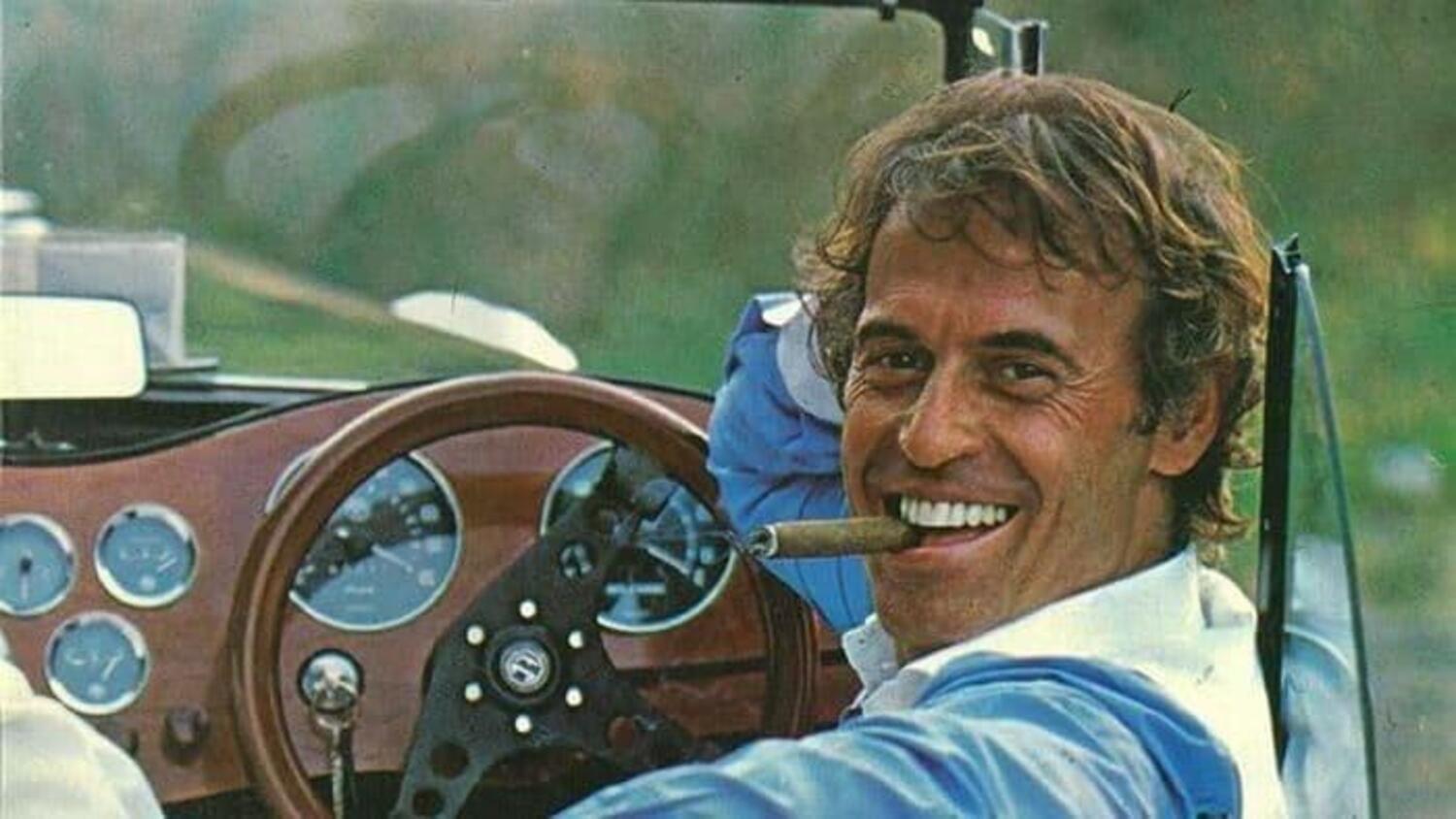
He collected vintage cars and purebred dogs, played at horses but, above all, he collected women, many women, whom he treated like princesses.
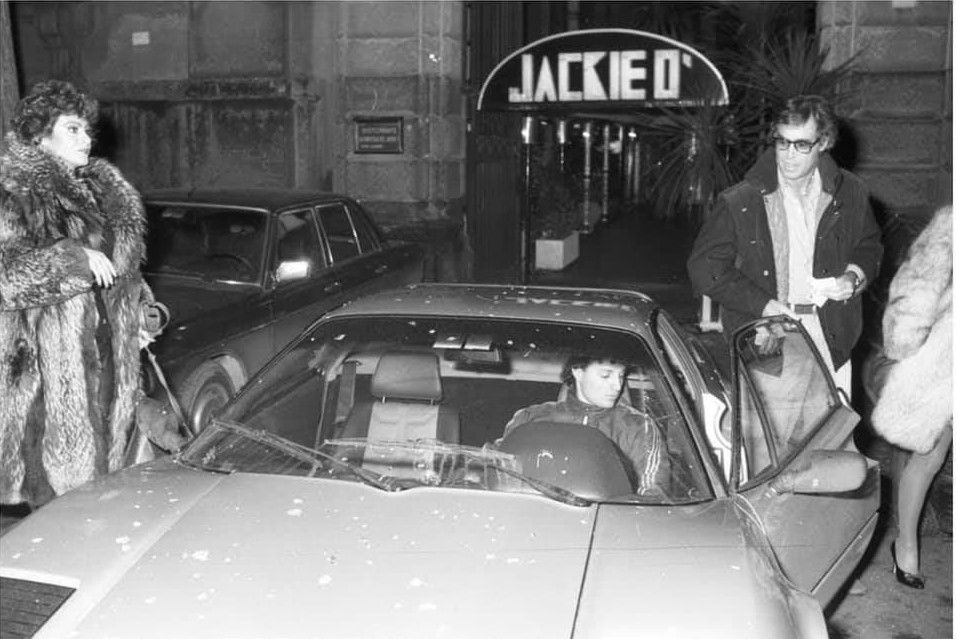
Franco Califano, his Ferrari and Carmen Russo at Jackie O’ in 1983.
In his Ferrari he ran around the most elegant clubs with the most beautiful women in the city, with the purest charm and class of an English lord, despite the first impression. And the Rome of that period was not just any city, it was the most beautiful city in the world, with a mind-boggling nightlife. And besides, he was a great singer. His songs exuded melancholy and deep loneliness.
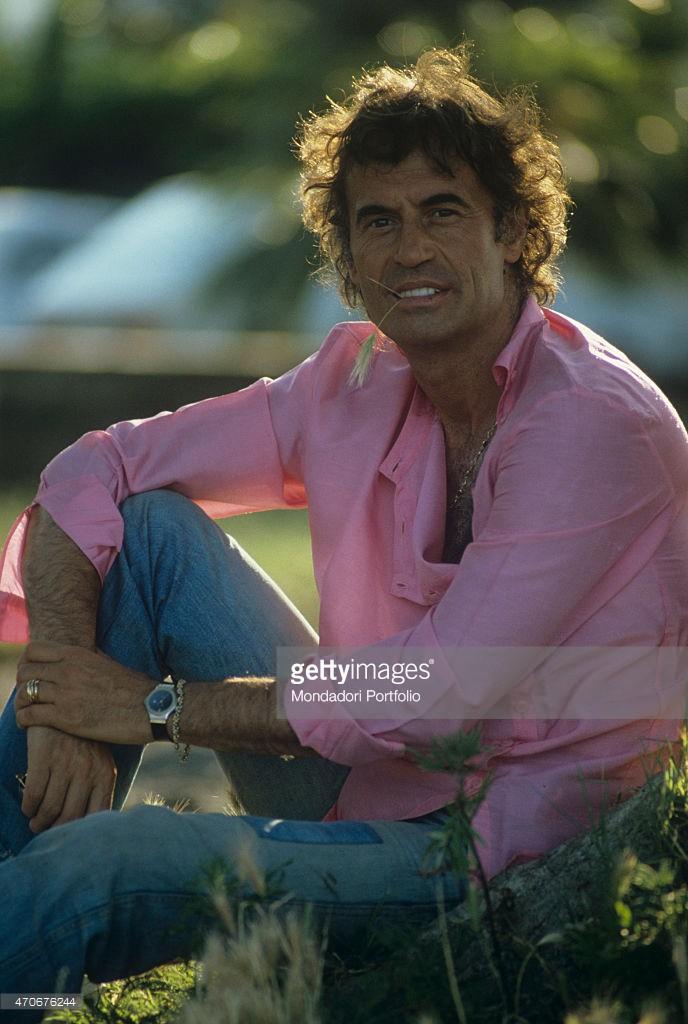
Francesco Califano, known as Franco Califano (14 September 1938 – 30 March 2013), was an Italian lyricist, composer, singer-songwriter, author and actor. During his career he has sold about 20 million records.
Nicknamed the Caliph for his harem of women, during his career he has released 32 albums and written a total of over 1000 works of poetry and songs, as well as numerous lyrics for other artists, many of which have become real hits placed at the top of the Italian and international charts.
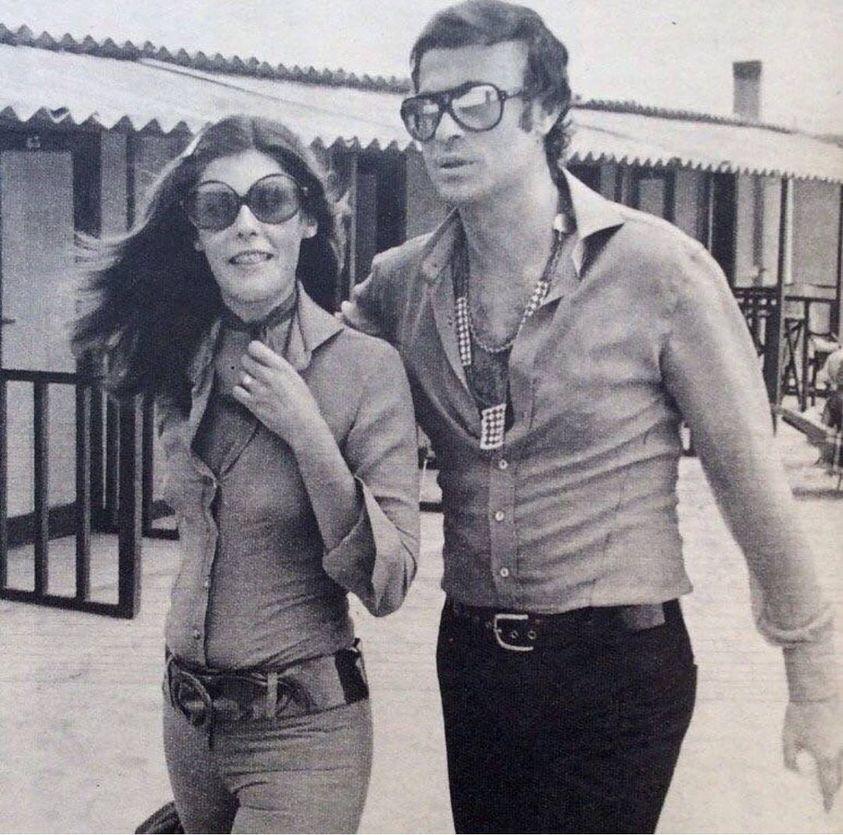
In the seventies and eighties the media often placed the emphasis more on some aspects of his private life than on his artistic life, due to his unregulated and eccentric lifestyle and to some legal matters that involved him.
Born in an airplane above Tripoli, Libya, Califano lived most of his life in Rome (in whose dialect he usually sang) and Milan. In the 1960s he began his career in music as a lyricist and a record producer; among his first successes as author "La musica è finita", "E la chiamano estate", "Una ragione di più".
He was arrested in 1970 and again in 1984 for possession of drugs; in both cases, Califano was acquitted with the formula "because the fact does not exist".
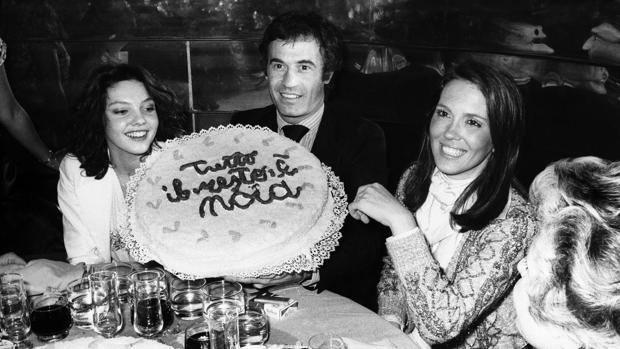
Franco Califano with some friends during his birthday party.
In 1976 Franco got his first and main success as a singer with the song "Tutto il resto è noia", included in his eponymous fourth album, for which the critics paired him to the traditional French chansonniers. During these years he continued his activity as lyricist signing, among others, the Sanremo Music Festival 1973 winner "Un grande amore e niente più" (performed by Peppino di Capri) and the Mia Martini's classic "Minuetto"; he also composed a whole album for Mina, Amanti di valore. In 1978 he released his best-sold album, Tac.
In 1988 he entered the Sanremo Music Festival with the autobiographical song "Io per le strade di quartiere"; he came back to Sanremo two more times, in 1994 with "Napoli" and in 2005 with "Non escludo il ritorno".
He was author of several books, including the autobiographical Senza Manette and Il cuore nel sesso.
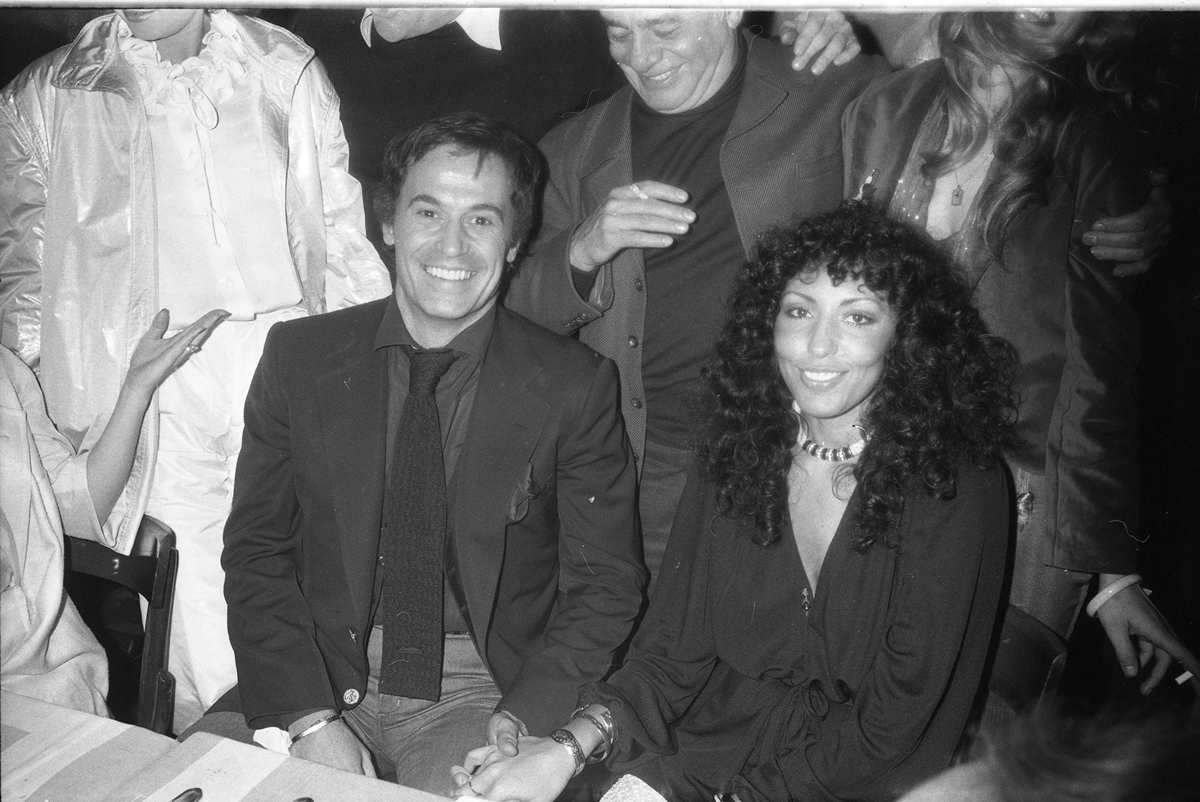
Franco Califano in 1979 at Taverna Flavia for Gardenia night.
He also starred in several genre films and had the leading roles in the crime film Gardenia and in the comedy film Due strani papà.
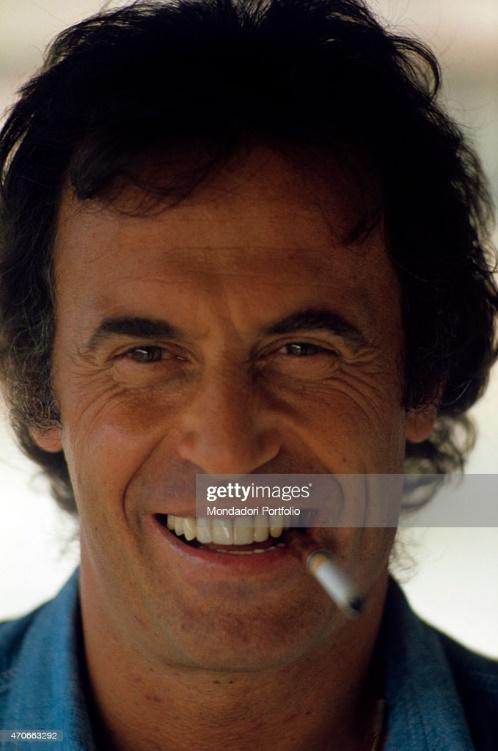
A year ago a Roman poet left: Franco Califano. By Bruno Cortona. A poet of sex, of the night, of drug and of Rome. A life to the fullest, full of beautiful women, fast cars and many vices. A life like Franco Califano, the last accursed poet of a Rome that is now extinct. Here are some phrases that convey the idea of the character "Caliph":
“You are always young if you want it.”
And the Caliph was young, right up to the last.
“I went to bed five minutes later than the others, to have five more minutes to tell.”
His good nights in the 1980s, between sex and drug until dawn, are well known.
“The purpose of a meeting is to satisfy a woman.”
Unique.
“Dear friends, I will feel old only 5 minutes before I die, but I think I can tell you some tricks of the trade.”
Who knows if you ever felt old.
“The Roman woman is tough because she shows off, for no reason then; the Roman woman is posing and you don't know why..., she asks you what car you have...”
How true it is, Fra’, that Roman women show off.
“Confessing to a woman that you’ve been masturbating thinking of her is one of the best compliments that exist.”
The ultimate romantic.
“Many women can tire you. Too many no: they keep you fit.”
The wisdom of the womanizer.
“How many blows I have received but I have never fallen. If life presents me the bill I answer: already paid.”
We have all tried to define this concept, but the metaphor of the bill encompasses the popular poetry of Califano in all his genius.
“Lives who lives, not who is there.”
Perhaps no sentence better describes the life philosophy of the Caliph, the Italian Belmondo.
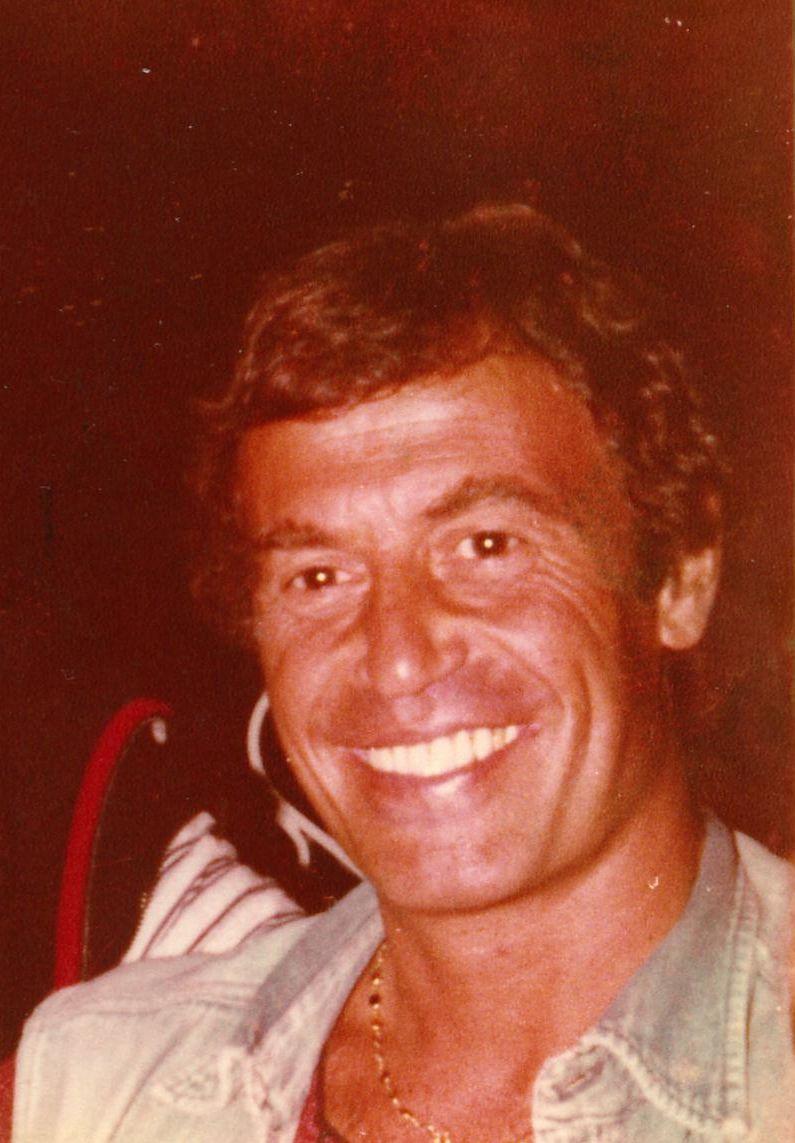
There are men who make history and there are men who are history. Franco Califano stands in the middle between the two categories, with his usual and infamous desire to break the mold and not to conform to the world around him, if not to enjoy its beauties without brakes. He never wanted to bend to the normality of things: since his birth, which happened by pure chance between the seats of a plane that was flying over the skies between Libya - at the time Italian territory - and Johannesburg. In fact, his mother Jolanda gave birth to him in the sky of Sirte, forcing the pilot to make an emergency landing in Tripoli. It was September 14, 1938. Franco's father, Salvatore, was a soldier who enlisted in the Italian army at that time and resided in Libya, together with his wife and little Liliana. The family soon decided to return home: Salvatore was originally from Pagani, while Jolanda from Nocera Inferiore. The latter was the city that welcomed the Califano family.
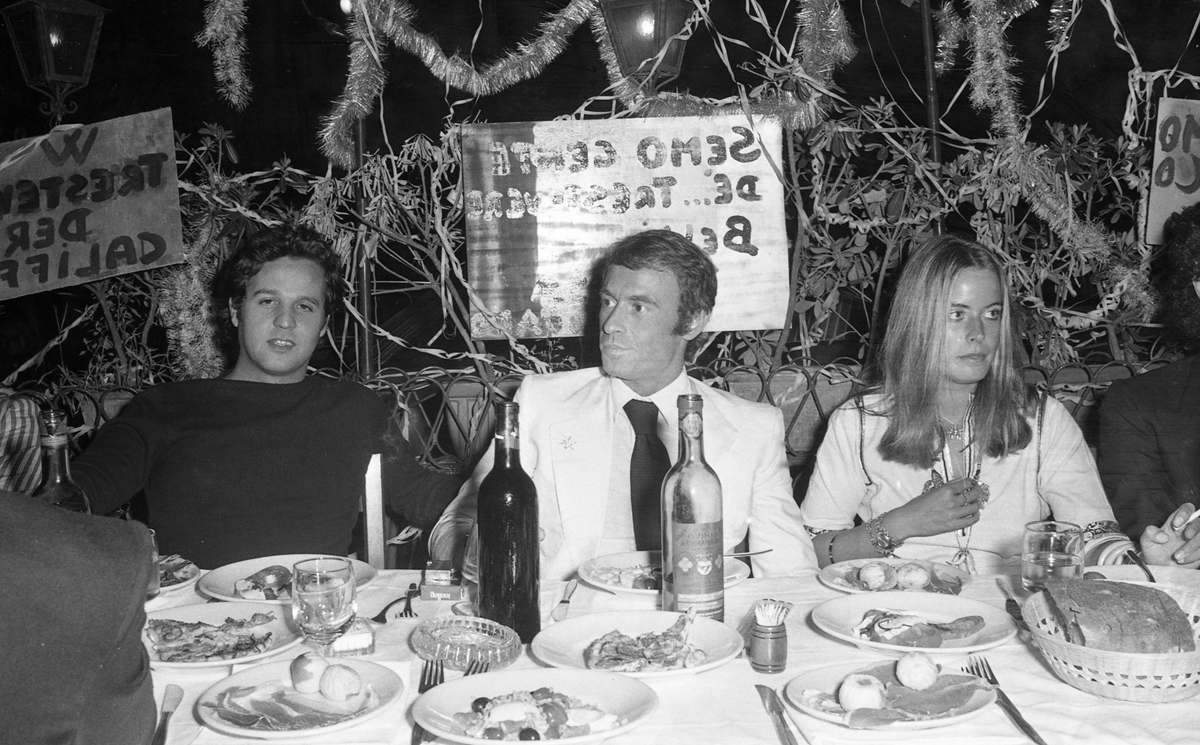
Franco Califano and Renato Pozzetto at Trastevere.
Califano, the Prevert of Trastevere, was a songwriter, artist and playboy and lived a novel-like life in the years when the Rome of the Dolce Vita offered every possible excess.
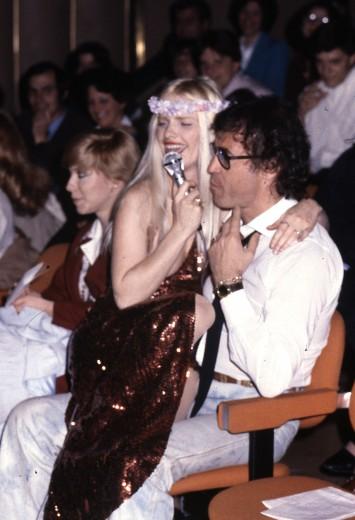
Franco Califano with Ilona Staller in the 1980s.
Author of indelible songs in the memory of many, Califano stumbled upon drug addiction which also led him to prison. But music, poetry, art have always been the central part of his life.
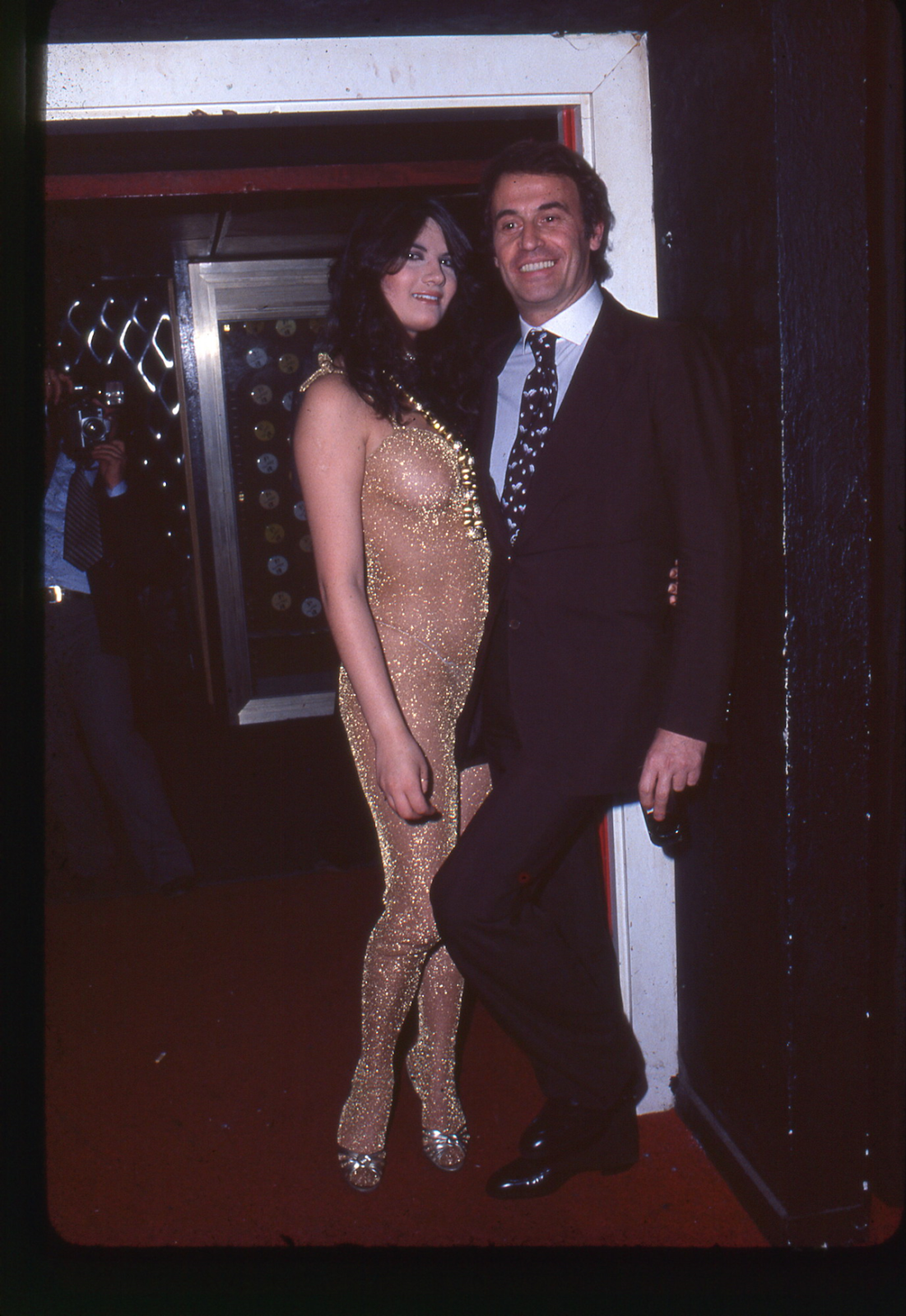
Franco Califano and Pamela Prati at Jackie O’.
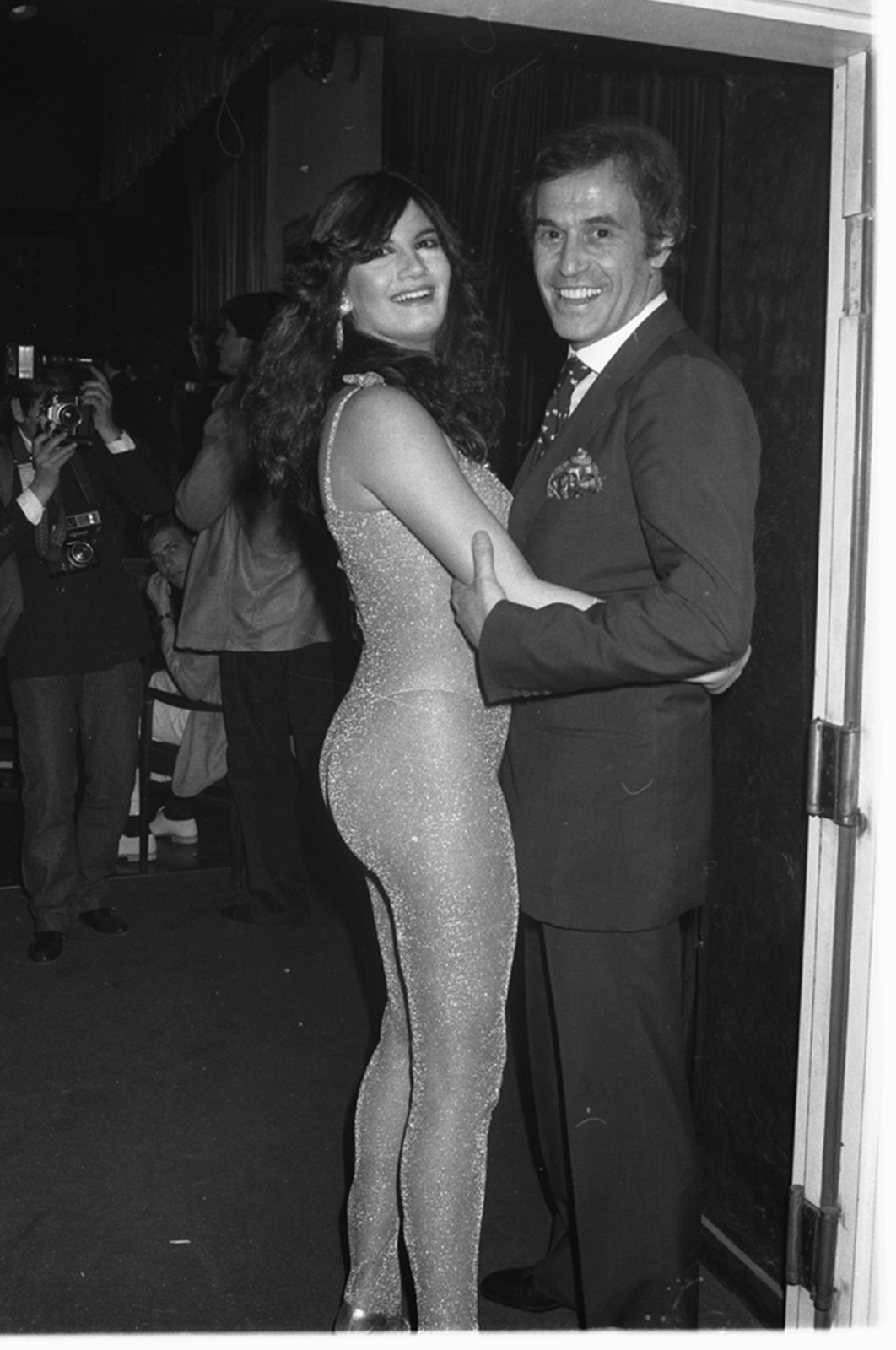
Franco Califano and Pamela Prati at Jackie O’.
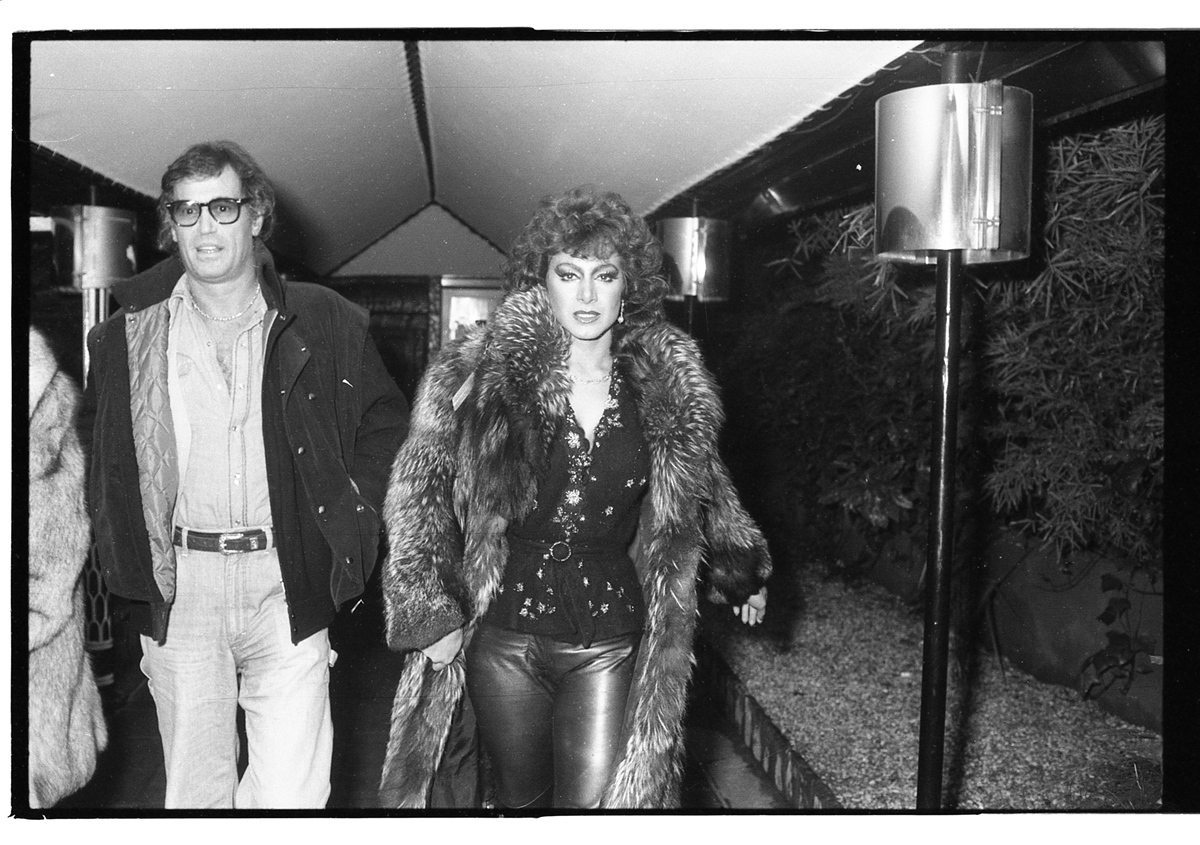
Franco Califano and Carmen Russo at Jackie O’ in 1983.

Franco Califano at Piper for the Playboy party in 1980.
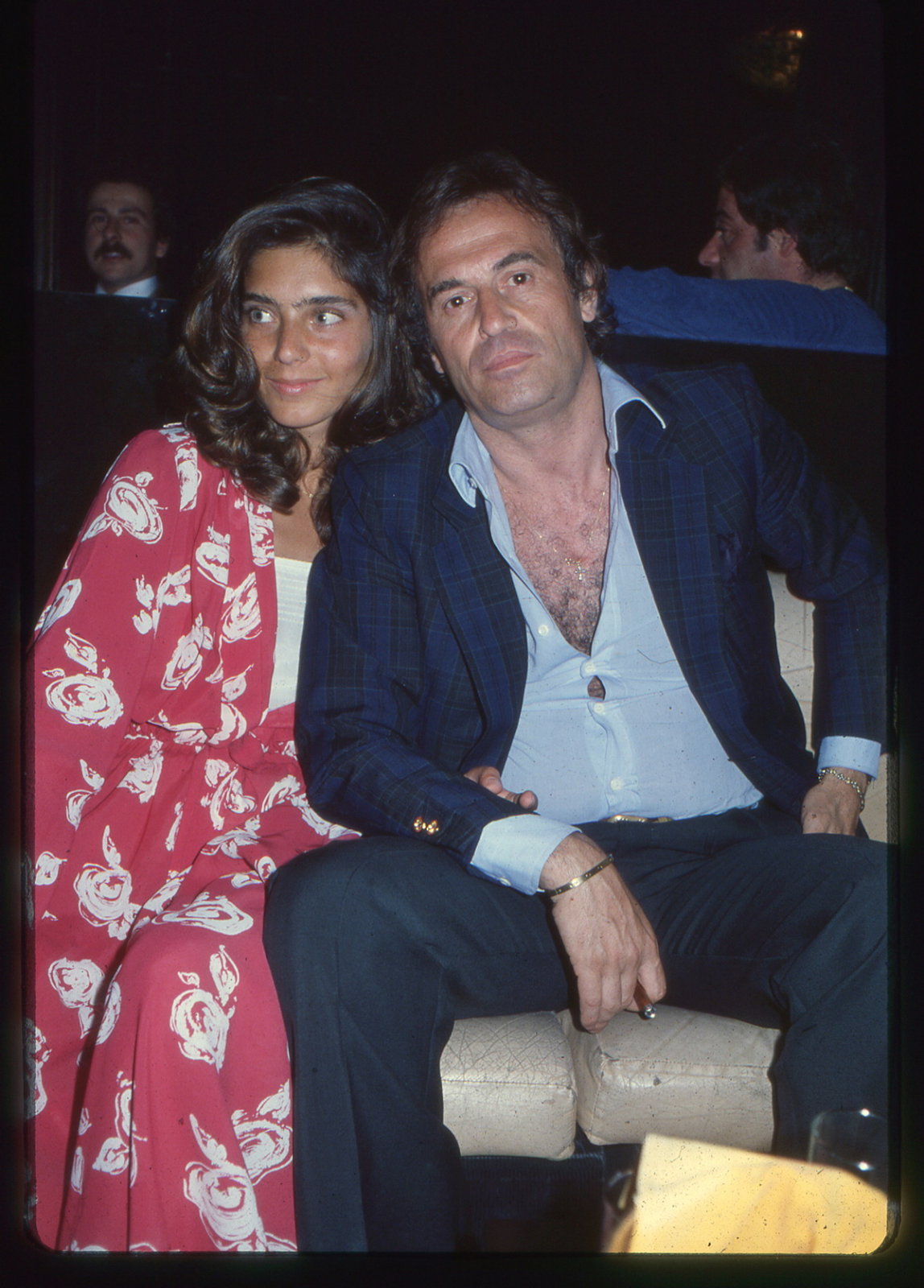
Franco Califano with Malu Valente.
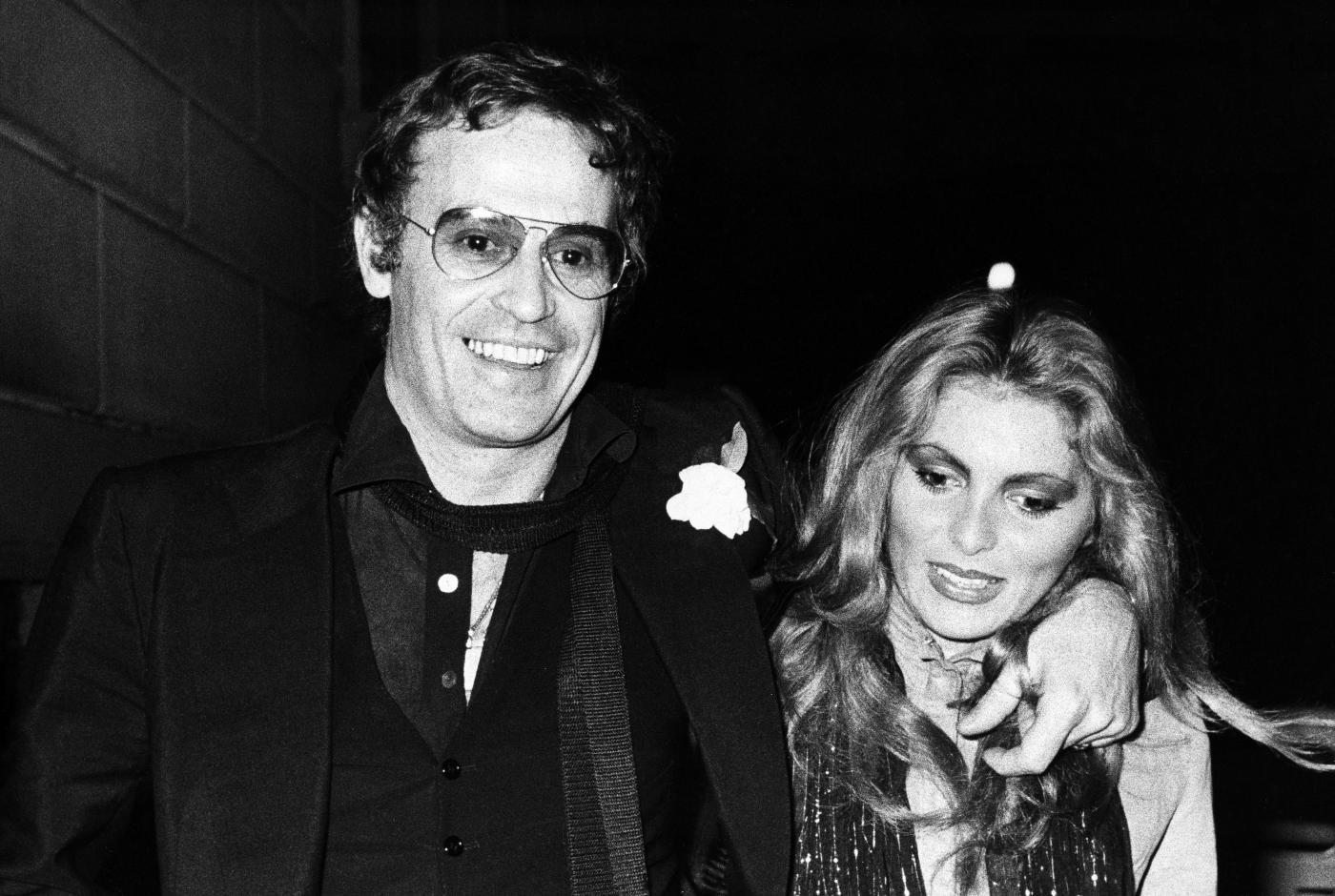
Franco Califano and Eleonora Vallone.
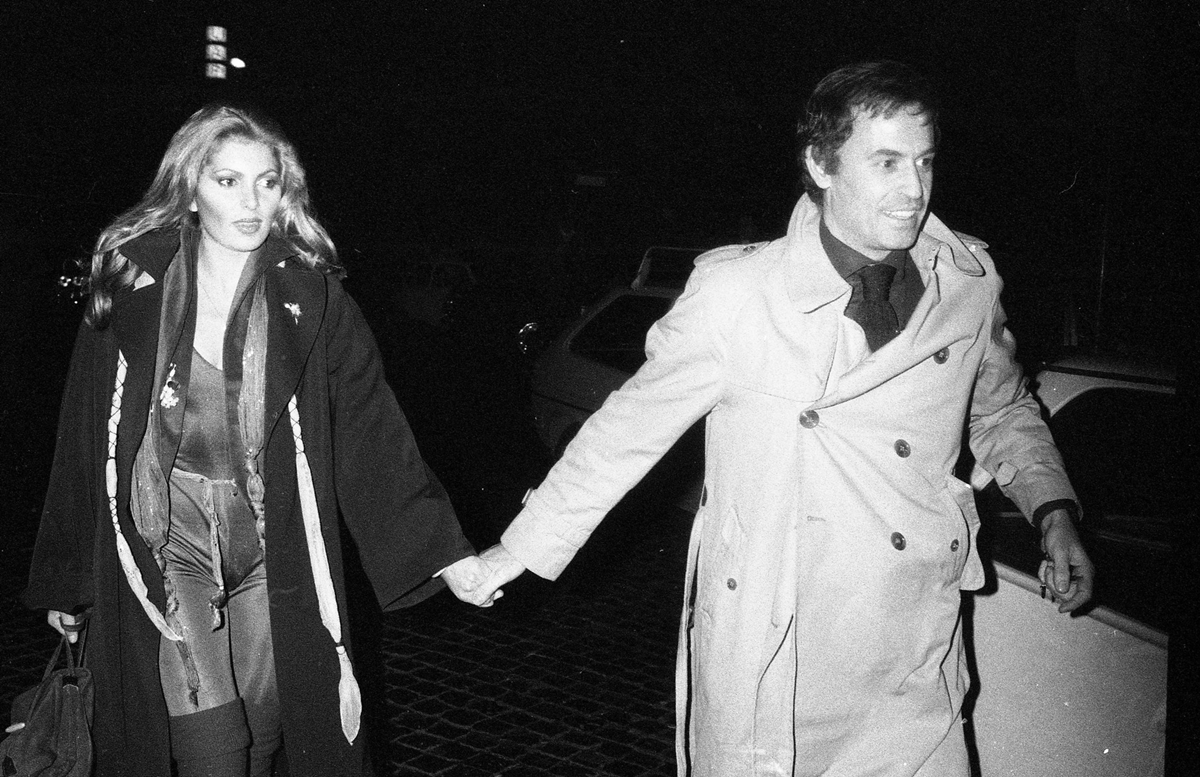
Franco Califano and Eleonora Vallone.
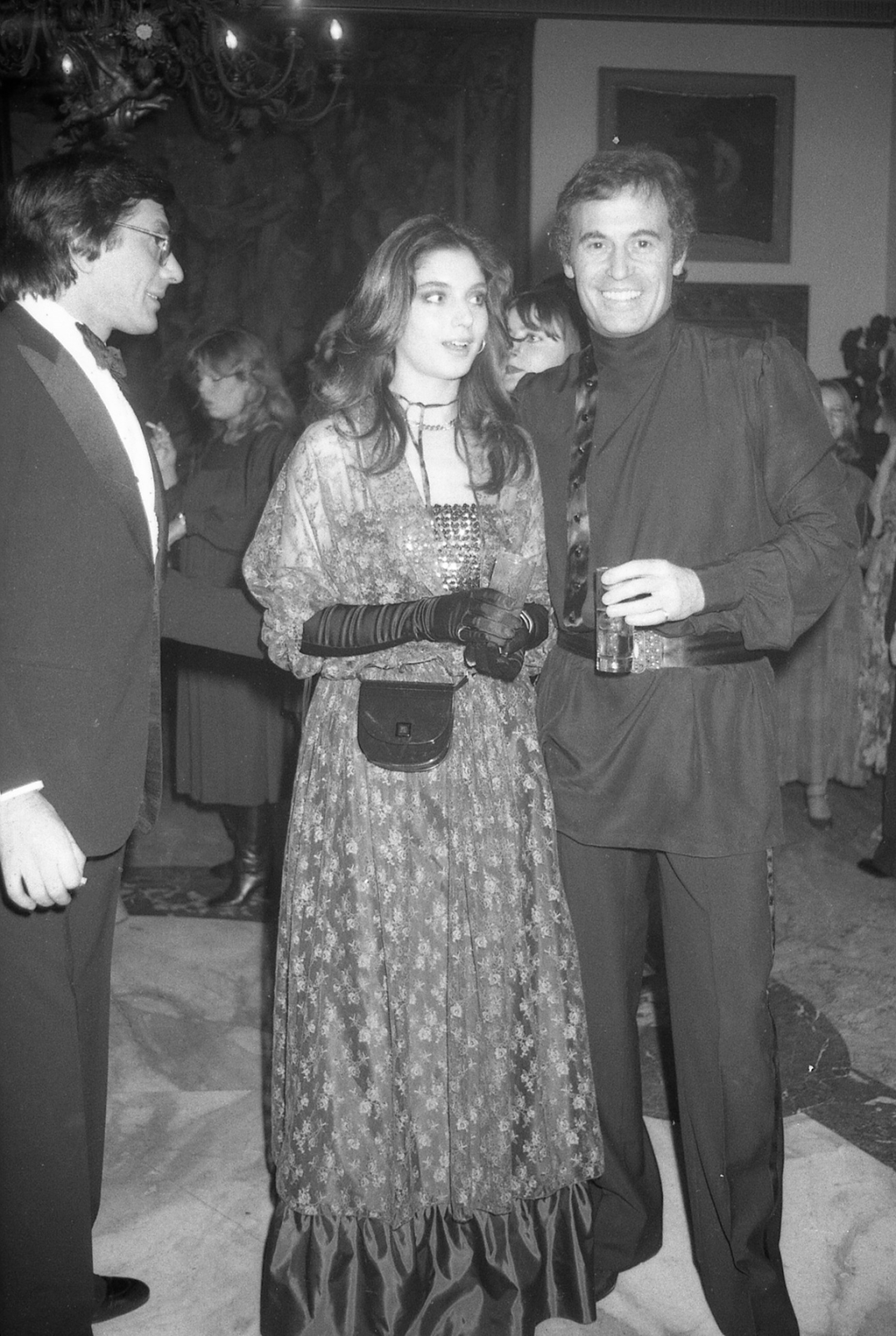
Franco Califano at Villa Miani in Rome with Manu’ Tenore, during their affair in 1979.
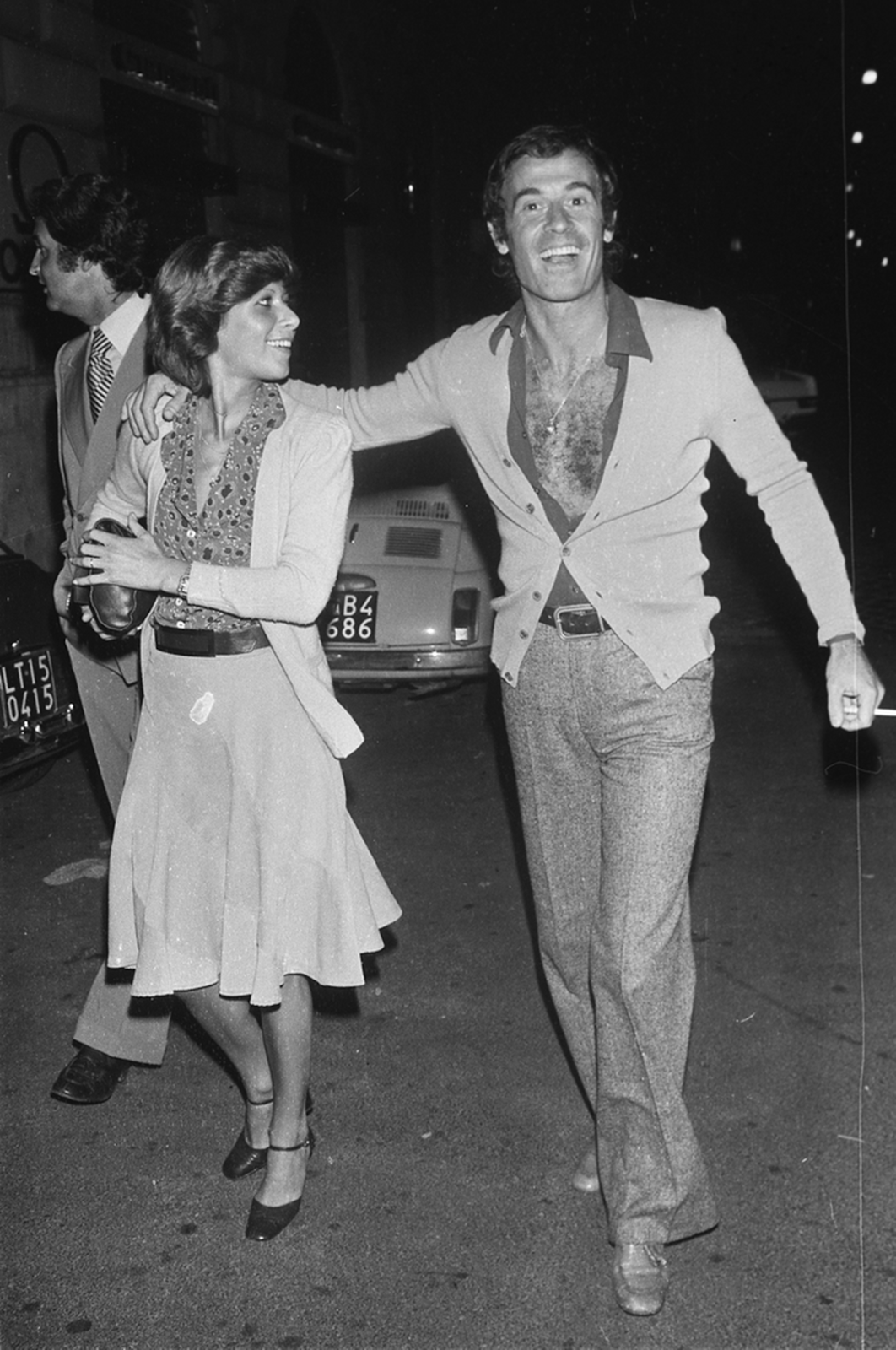
Here it is then, in the archive photos of Umberto Pizzi, Franco during his nights at Jackie O 'or at Piper in the company of Carmen Russo or Pamela Prati...
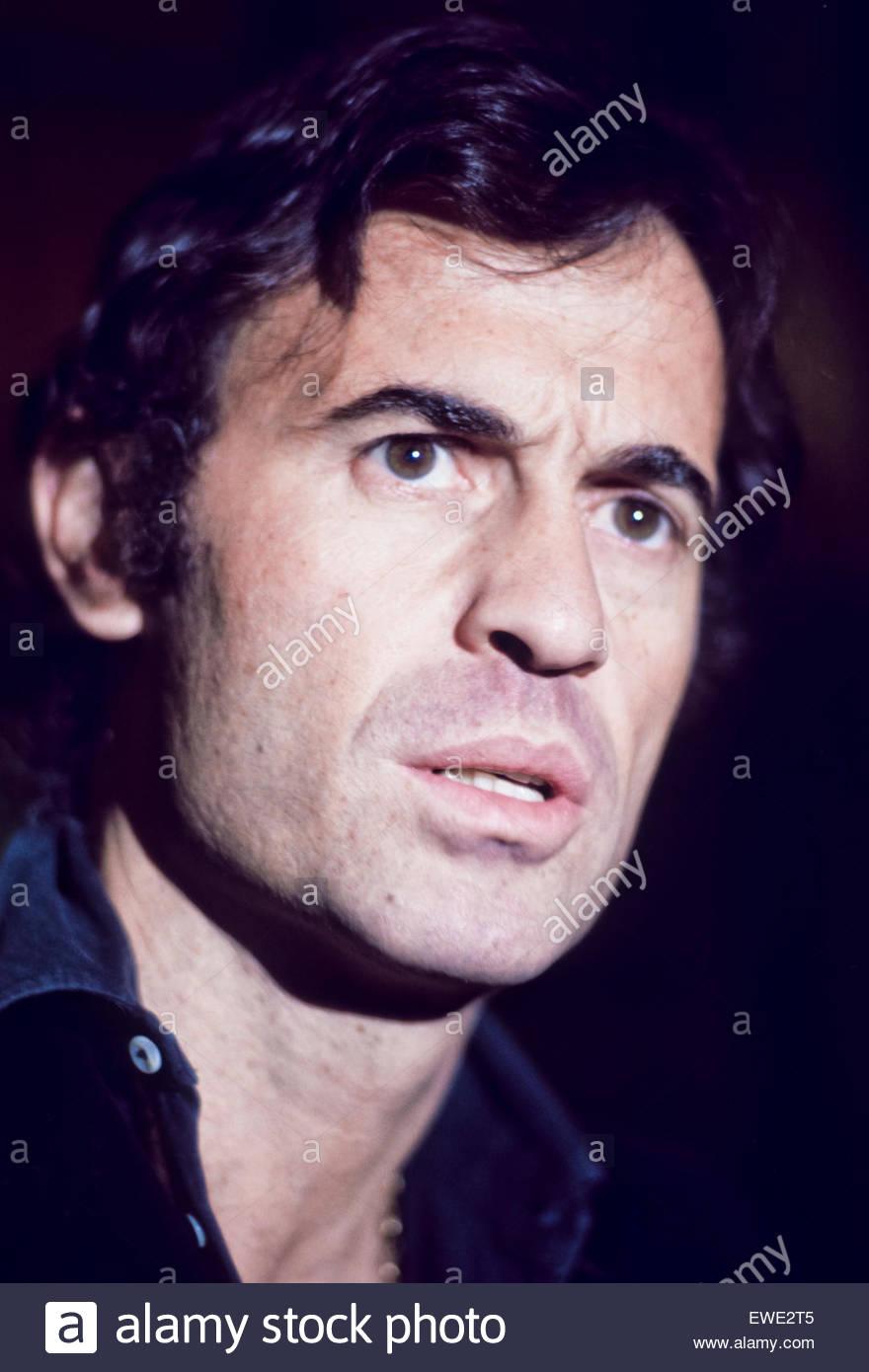
The years of the Caliph's childhood were characterized, as his whole life will be, by a double existence: on the one hand the years spent in the very strict colleges and ecclesiastical schools of Nocera Inferiore and Amalfi, on the other the desire - decidedly premature - to go against the tide and enjoy life, between the inevitable ruses and the very first escapes of love between the corridors and the courtyards of the schools. He wanted to be a firefighter: in the end he found himself lighting the fire of his many female conquests.
Among the Caliph's many youthful adventures, his escape on foot from the Collegio Sant’Andrea in Amalfi to Pagani, without shoes, will remain historic. The Caliph, from an early age, has always shown what the trait d'union of his entire life will be: looking to the future without ever caring about the present, if not for beautiful women and unbridled fun.
After closing the chapter of his compulsory education, the Caliph moved with his family to Rome after the end of the Second World War. Califano decided to enroll in ITCG Ludovico Ariosto: after an initial period, he had to take an evening accounting class.
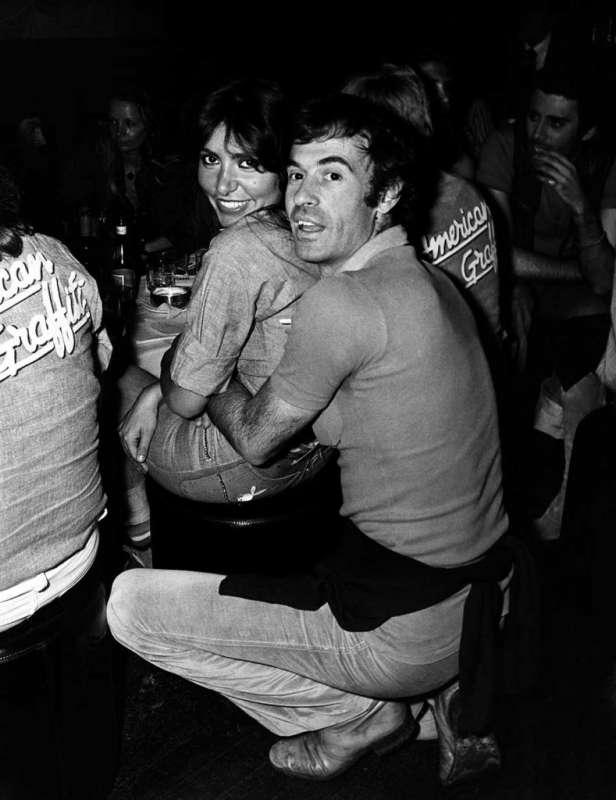
Franco Califano with Loredana Berte’.
The reason? He simply never managed to get up in the morning, due to his crazy nightlife spent among hundreds of clubs and, above all, attractive women.
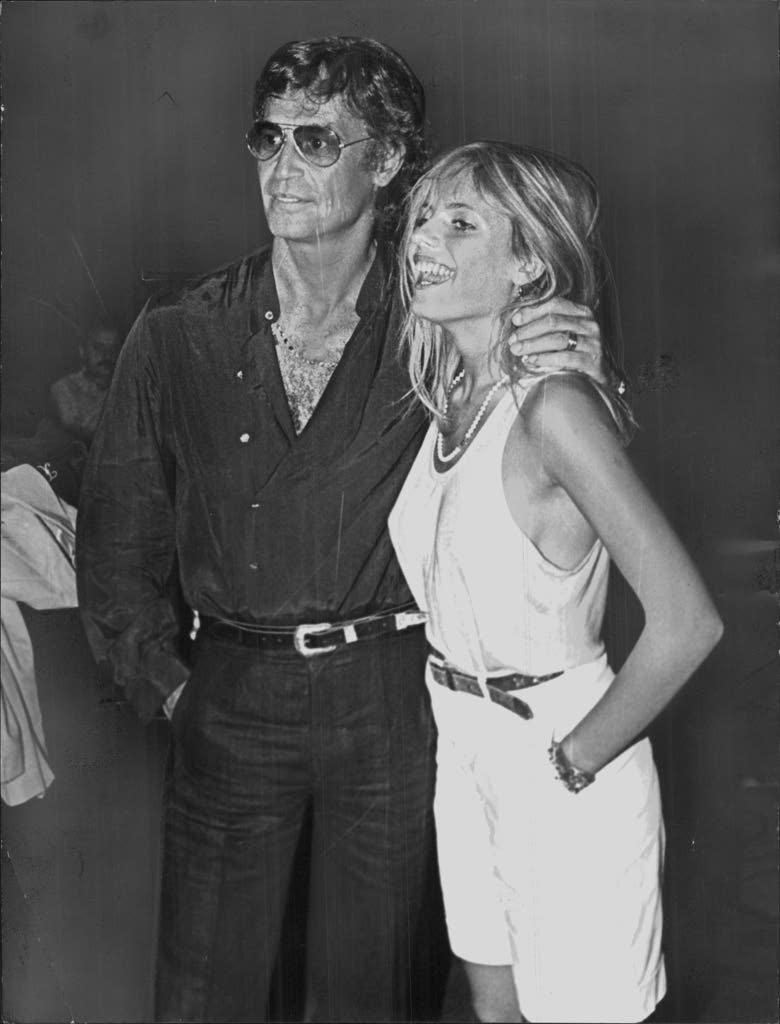
Franco Califano with Elisabetta Ferrari.
It is he himself who reminds us of this in his fascinating autobiography "Senza manette", published in 2008: he had a Fiat 1400 as a home and as a life partner life itself, which he was not ashamed to squeeze like a lemon.
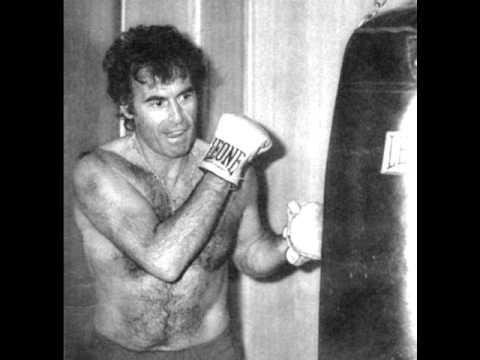
His typical day was as follows: first the evening course in accounting, then the gym and boxing and then the invasion of the clubs and discos of Rome, until the early morning light. And often in sweet company. At the same time, however, Califano demonstrates a truly marked aptitude for studying: his grades are extraordinary and his intelligence leads him to an artistic and cultural growth that will explode a few years later. A real mix of genius and recklessness.
The juvenile period also brought Franco a great loss: his father Salvatore died prematurely at 38, leaving him orphaned at 18. It was here that the Caliph probably understood that life was really short and that it had to be enjoyed to the end: as underlined by Califano himself in his autobiography, in fact, his father was a hard worker and never managed to enjoy life. Following the bereavement, the Caliph decided to move to Milan and pursue the dream of success in photo novels: his handsome face brought him several collaborations with the Grand Hotel and Lancio editions, especially in the role of the tough guy. The Milanese adventure lasted very little, as the Caliph decided to return to Rome.
At 19, Franco Califano married Rita Di Tommaso, with whom he had the daughter Silvia: the marriage lasted a few weeks, followed by the usual love stories. As declared by Califano himself, in fact, his 21 years were celebrated in the name of madness: an inveterate playboy, the Caliph always launched himself in search of new conquests, to the point of literally slipping into the convertible cars stopped at traffic lights and driven by beautiful women.
Califano's artistic vein was now close to the light: after a quick attempt at poetry, archived because "I understood that I would die of hunger", the music entered his destiny in a disruptive way. After many years of studying it as a great enthusiast, the Maestro decided to pursue a career as an author: Edoardo Vianello immediately liked the song “Da molto lontano”, while Bruno Martino was conquered by “E la chiamavano estate” (1965). How can we fail to underline the success of “La Musica è finita”, written in 1967 for Ornella Vanoni?
But 1967 was also a very hard year for Califano: after contracting meningitis, he was forced to spend a whole year at the Mater Dei in Rome. A low blow of fate which pushed the Caliph to the brink of bankruptcy and which caused the money earned with his career as a lyricist to go up in smoke. To the point that, discharged from the hospital, the Caliph chose the path of prostitution to get accommodation and to pay the expenses. Here too, however, the Master carefully chose his clients: only beautiful and very rich women, in order to resume his life of ease interrupted by the disease.
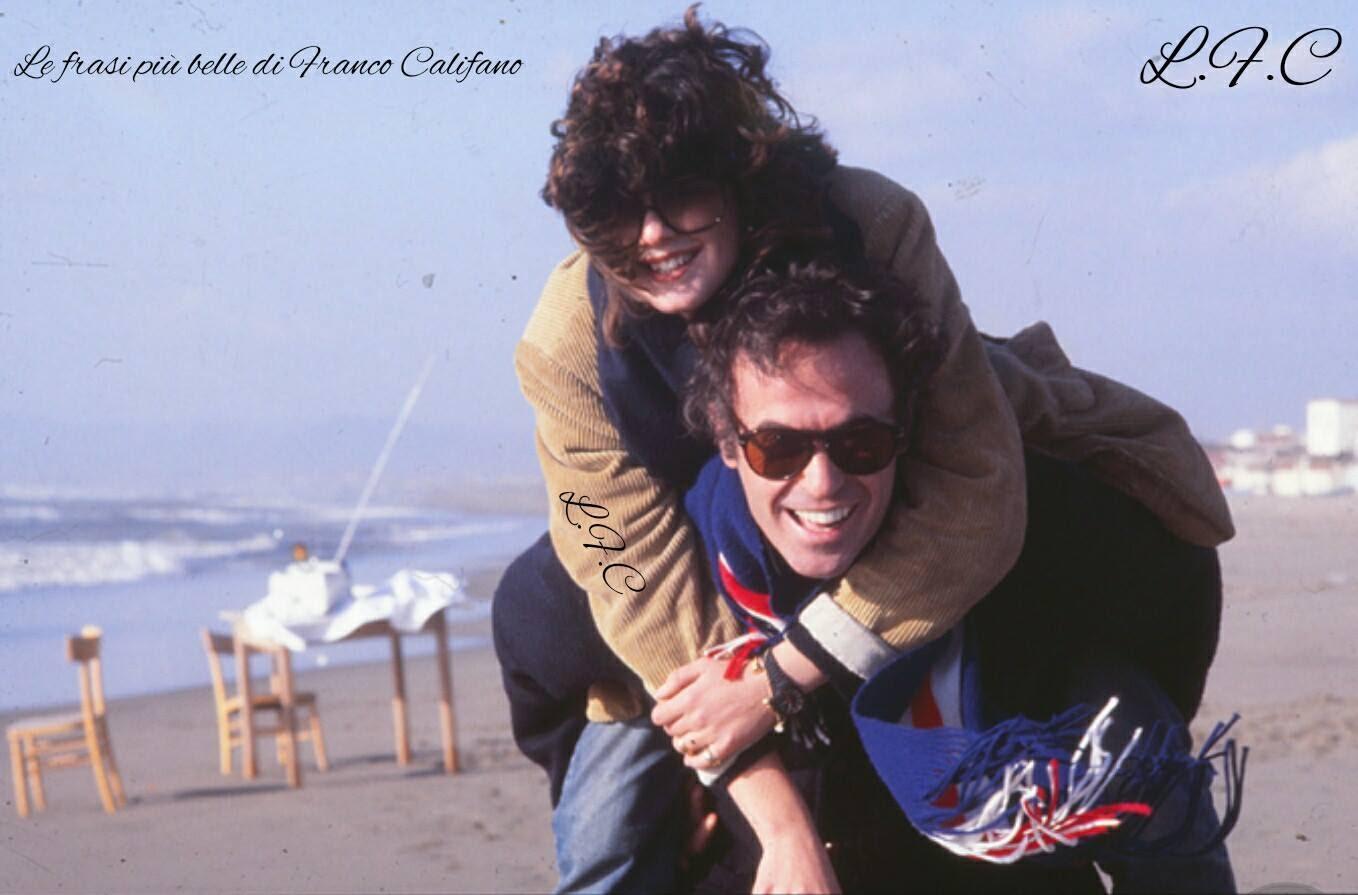
Then the turning point: his notoriety as an author opened the main doors to the world of music for him. In 1972 Califano signed a contract with CGD and released his first album: "’N bastardo venuto dar Sud". His name ends up more and more often on the pages of newspapers: his music is of that trash that many politicians like less and less, while his lifestyle has now become the symbol of the vicious par excellence. Meanwhile, his love stories continue unabated.
Very heavy accusations begin to circulate around Califano, to the point that, in the same year of his first success, the Carabinieri knock on his door and take him to prison, accused of drug trafficking. But house arrest doesn’t stop him: tempered by a thousand battles and by a life always led on the edge, the Caliph reinvents himself and records a new record inside his trailer. In 1973 then, he enters by right in the history of Italian music with the song "Minuetto", written for Mia Martini. The singing career, however, has not yet fully blossomed.
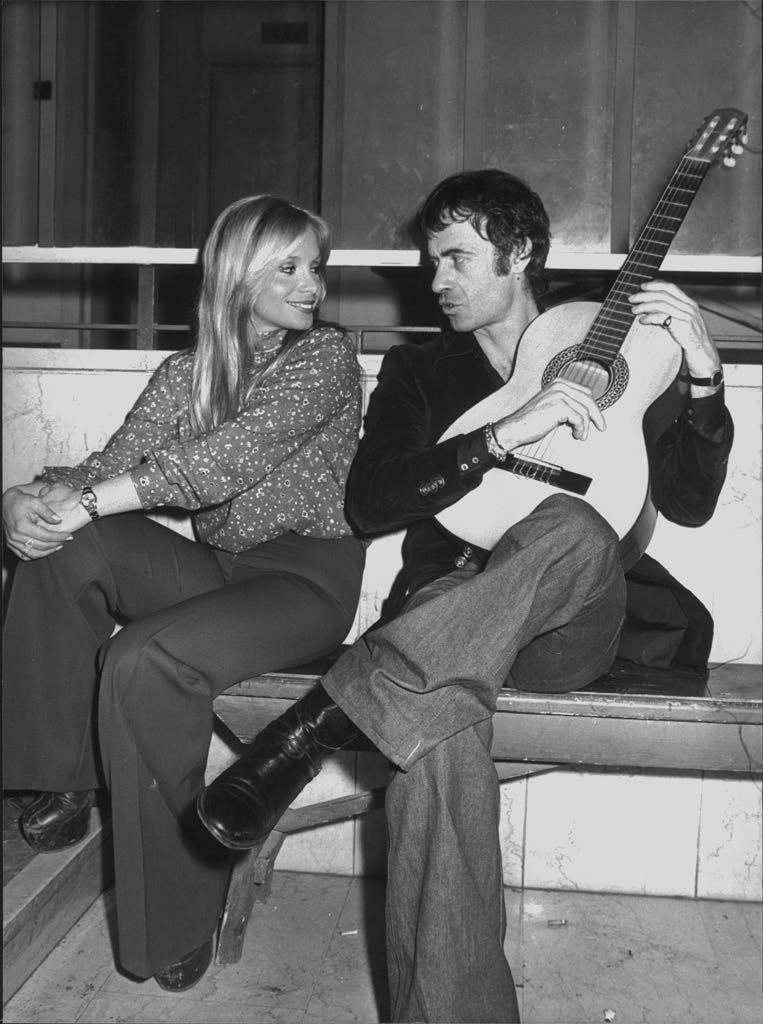
Franco Califano with Maria Giovanna Elmi in 1976, during a pause in the registration of their participation in «Facendo finta di niente».
Despite all the legal disputes and expenses related to the lawsuits and lawyers, the Caliph finally succeeds in making his dream come true: in 1976 his record "Tutto il resto è noia" splits Italy in two, placing itself at the top of the charts and remaining there for 7 weeks, with over a million copies sold. His songs, which speak of love, pragmatism and adventures, become the cross-section of an Italy that loves to have fun and entertain and that don’t trust politics anymore.
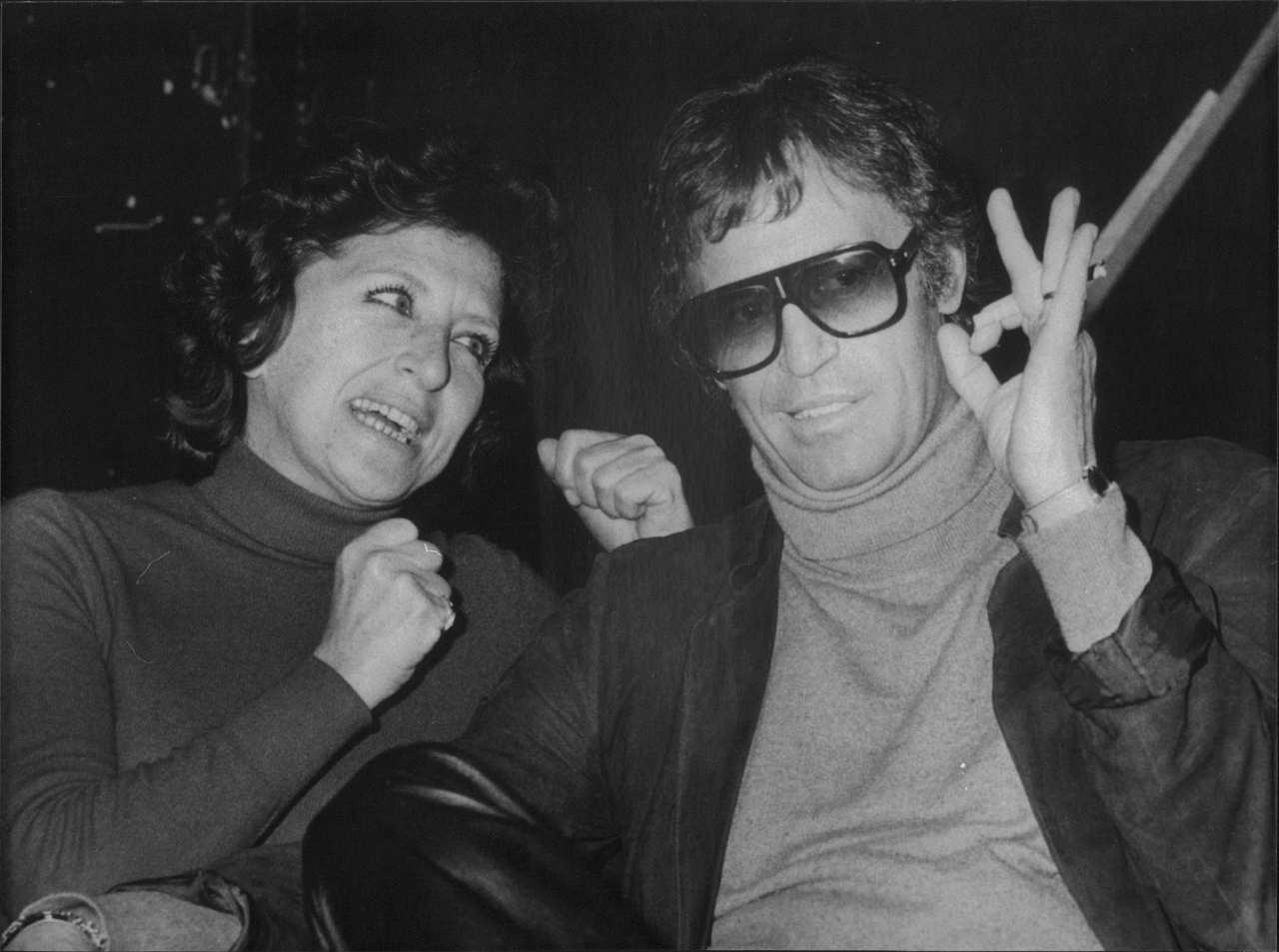
Antonella Steni and Franco Califano during the press conference to present the comedy "Non toccate Frankie e Tony" in 1981.
The text of " Tutto il resto è noia" even ends up as an object of study in the classrooms of schools, while his usual tough face stands out in the newspapers and tabloids throughout Italy. As if this were not enough, the new generation proves to love madly not only his music but also his character and his lifestyle. To the point of pushing him on the film sets of Gardenia - Il giustiziere della mala (1979) and of Due Strani Papa (1983), together with the great Pippo Franco.
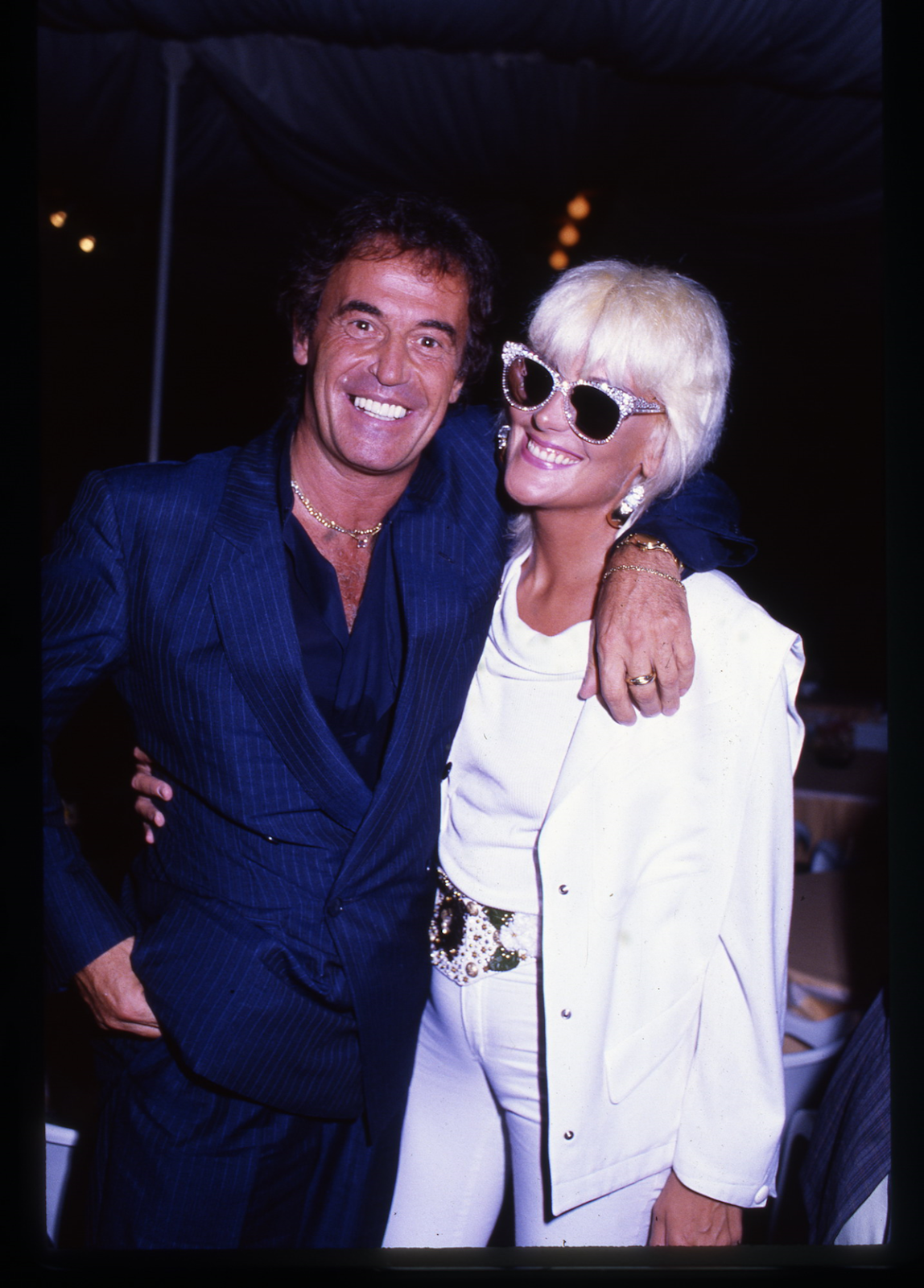
Franco Califano and Donatella Rettore.
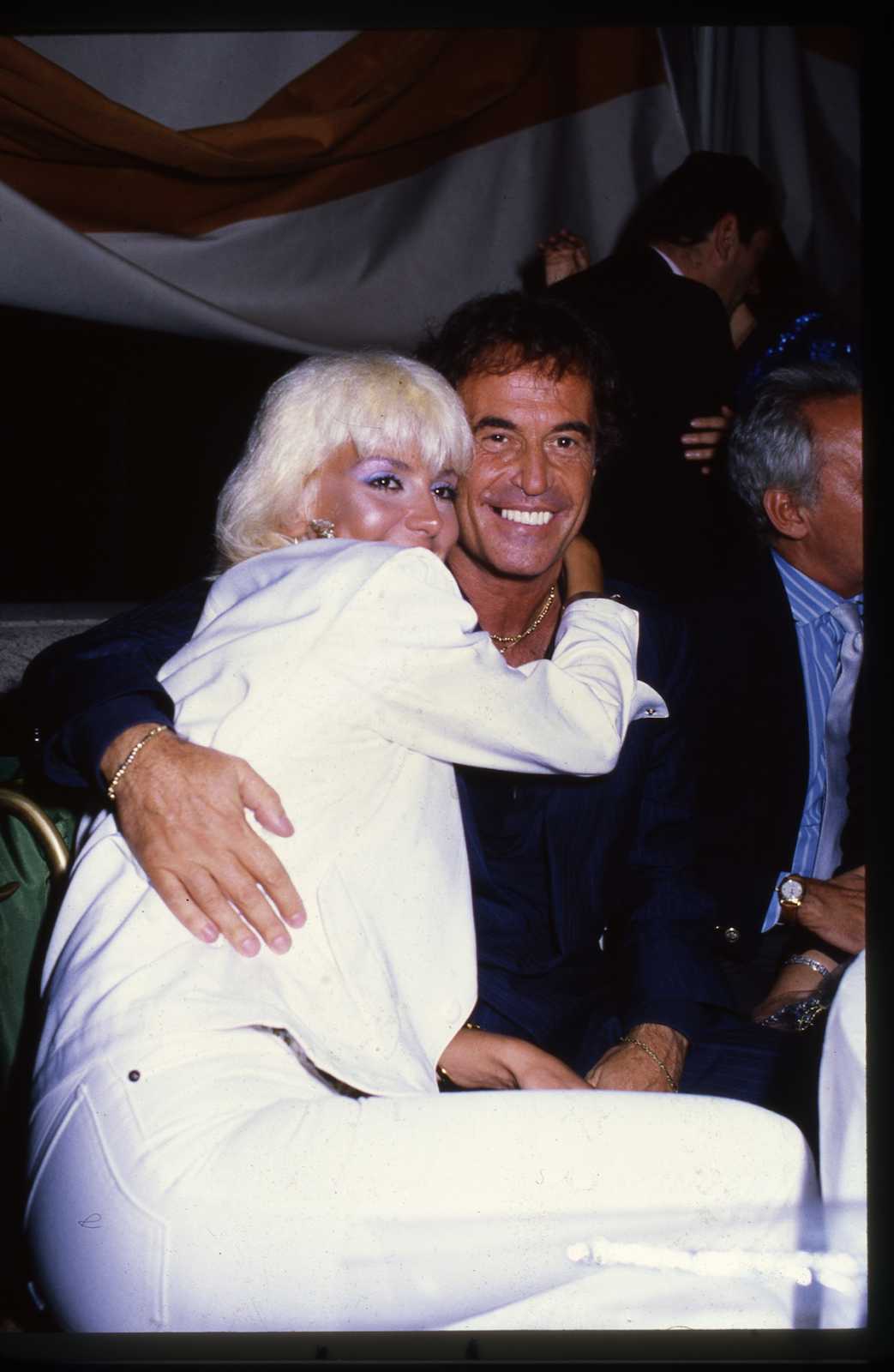
Franco Califano and Donatella Rettore.
But Califano, despite his success, still wants to try new experiences: in the 1980s he reinvents himself as a record producer and hires under his label blockbusters of the caliber of Ricchi e Poveri, Donatella Rettore and Jo Chiarello.
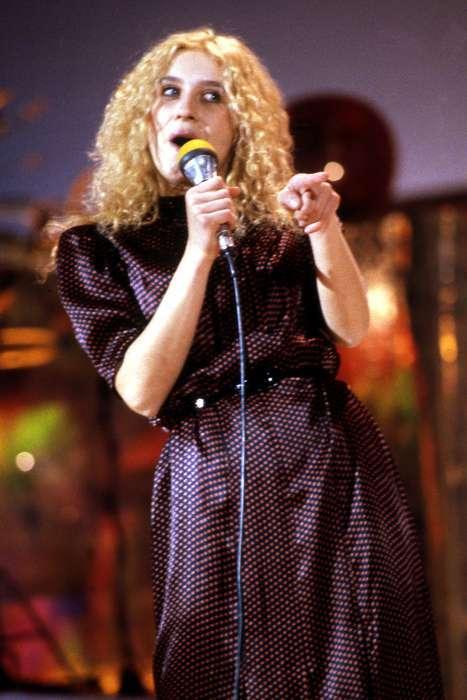
Jo Chiarello at Sanremo in 1983.
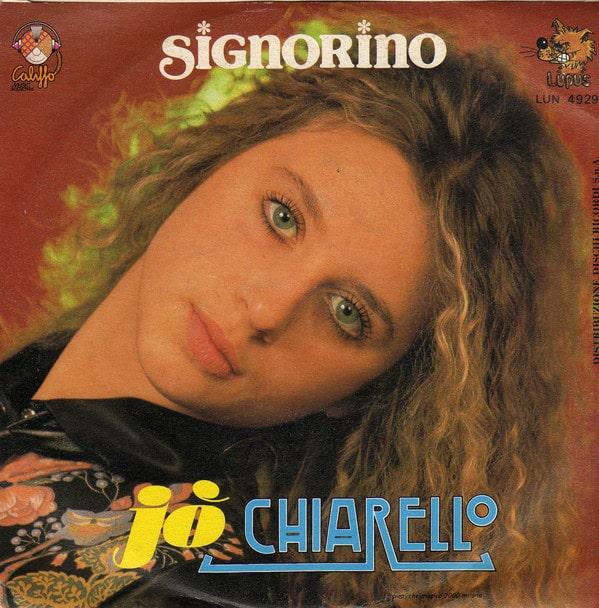
To singer Jo Chiarello Califano wrote "Che brutto affare."
And, in the meantime, he continues to publish highly successful records: "Tuo Califano" (1980) and "La mia liberta’" (1981).
Then, in 1984, the Caliph returns to prison: the charge is still that of drug trafficking, but also the strength of mind is the same as 12 years earlier. And it is precisely in prison that the Maestro wrote "Impronte digitali", an album that is a real biography of that complex period of his life. Eventually, Franco Califano will be acquitted of the charges for lack of evidence, returning triumphantly to the Italian music scene.
After the covers of the 90s, Califano chooses the way of television to continue his career. On March 18, 2013 he held his last concert at the Sistine Theater in Rome: a few days later, on March 30, the Caliph died, leaving a mark on the heart of the whole of Italy.
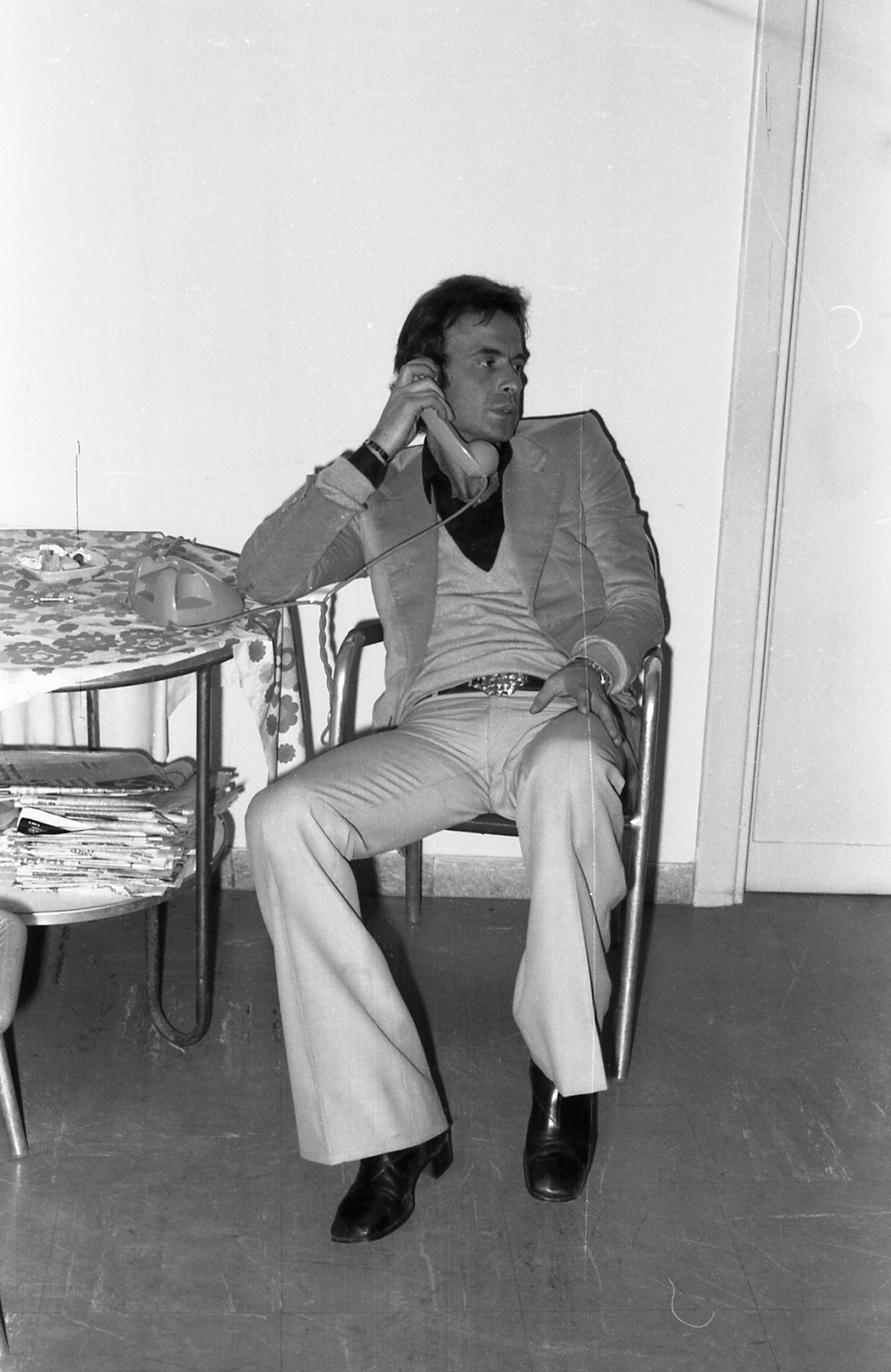
Franco Califano at home in 1973.
Franco Califano seduced women. With no regrets. 2 April 2013.
ROME - Franco Califano died of a heart attack, at the age of 75, in his villa in Acilia on the outskirts of Rome. The Caliph was known for his passion for women: Giovanna Cavalli also tells it with an article published in Corriere della Sera today, 2 April.
The Roman singer-songwriter had one woman after another, explains Cavalli. This was his law, but Califano was also a gentleman.
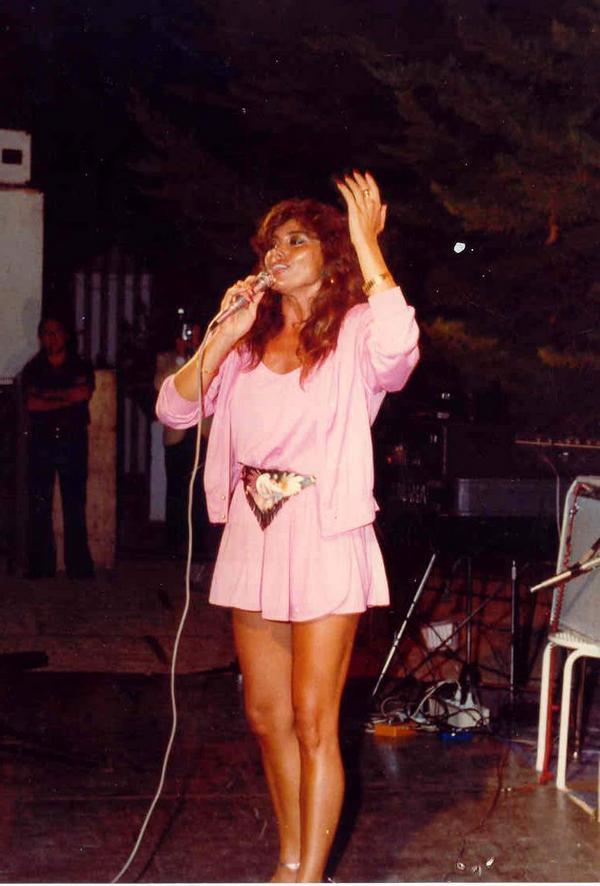
Marina Occhiena.
“The Caliph, if the chosen one deserved it, also knew how to wait. 'He used to come to visit me at my house in Genoa, with a bouquet of roses for my mother. Then we got in the car, under the door, with her watching us from the balcony,' says Marina Occhiena, the former blonde of the Ricchi e Poveri, with whom Franco engaged in a long and (longly) inconclusive courtship. 'Of course, since I was 17 and he was 29 and it was the summer of 1967"". They met at a Milanese audition. 'We showed up at the Carosello, we were four penniless, with sandwiches, a knife and salame in the trunk of a beater'. The artistic director was Califano, he found them not bad, he also chose their stage name, loaded them on the convertible Oldsmobile, took them to Cantagiro and Marina also elsewhere. 'I made him wait a long time even though he was really handsome, handsome that even the stones turned to look at him. Jealous no, I never asked him where he had been when he wasn't with me.' Not just flowers. 'One night, it must have been three o'clock, we were returning from a club, a gang of drunk boys annoyed us. Leave her alone, grandfather, she is too beautiful for you.' Imagine. 'Franco took off his jacket. He beat them up a lot, so much'".
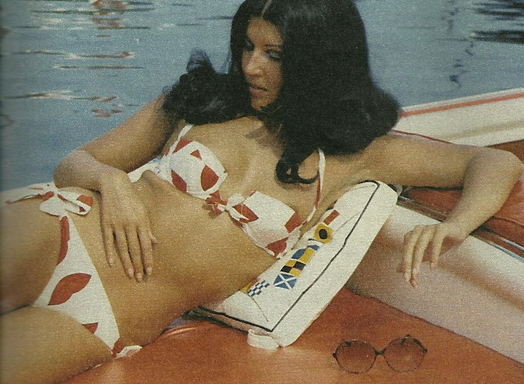
Patrizia De Blank.
I fall in love with you, otherwise what kind of a life it is. After that next up, it was the harsh law of the Caliph. 'Do you know why I left him? Because he smoked in bed like a madman and I couldn't stand being smoked anymore, I didn't touch a cigarette, but he just couldn't resist,' says the pyrotechnics Patrizia De Blanck, who starts from the end. 'We met at Scacco Matto in Piazza del Popolo, I was thirty years old, he called me my countess, he was handsome and damned but he didn't like the worldliness and the places I frequented, like Montecarlo'. Unpresentable? 'No, they weren't for him. He spoke Roman dialect but he was a gentleman'. To make her capitulate were two slices of watermelon. 'It was late at night, I wanted watermelon, we stopped at a kiosk on the street, Franco took two slices of it. The guy slept soundly, he could have left without paying. But no. You can’t take advantage of those who work, he told me and left the money on the counter.' A year or so. 'We went to Paris. When he was with me he was with me, when he was away I didn't question whether he was alone or not. Before you ask me: yes, he knew how to do it in bed, quite a lot."
The love you never forget is always the last, it stays inside you until you turn the page. "Every morning I found a note or a letter on the pillow, they could be three-page sheets full of love words or even cards on which was written wake me up tomorrow', remembers Vanessa Heffer ('for me he wrote Bimba mia') who was next to him for four years, she was 18, he was 50. "Women went crazy, he attracted them like a magnet" swears Rino Barillari, historical Roman paparazzo. 'He never hit on women, they threw themselves on him. Fifteen hundred? But when ever, he hit many more'. Without effort I already love you, I hope it lasts a few weeks".
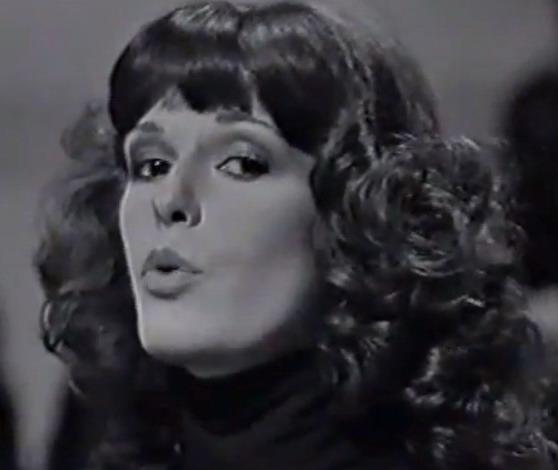
Mita Medici (here in 1973) had an affair with Califano. She was 17, he was 27.
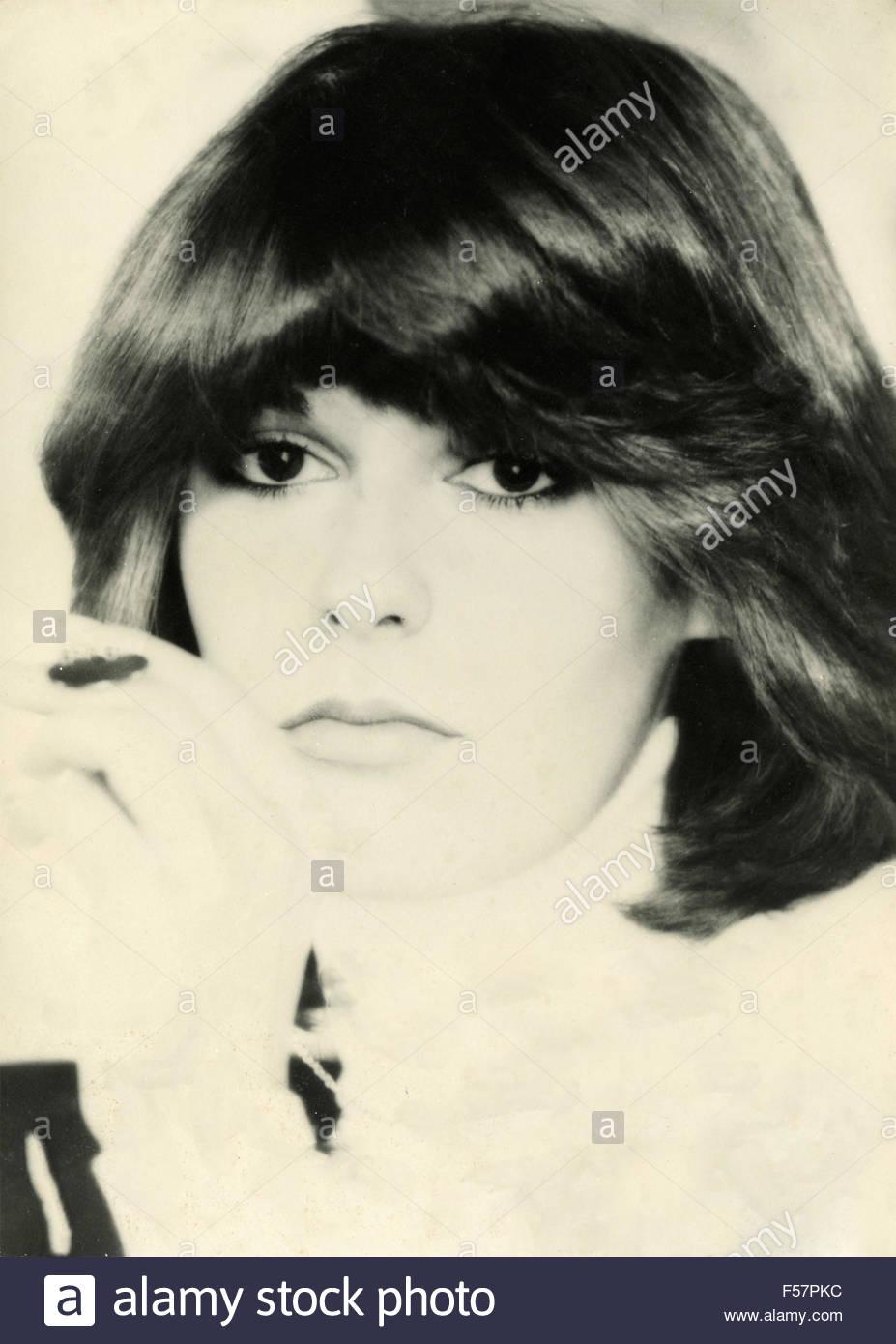
Mita Medici.

Mita Medici.
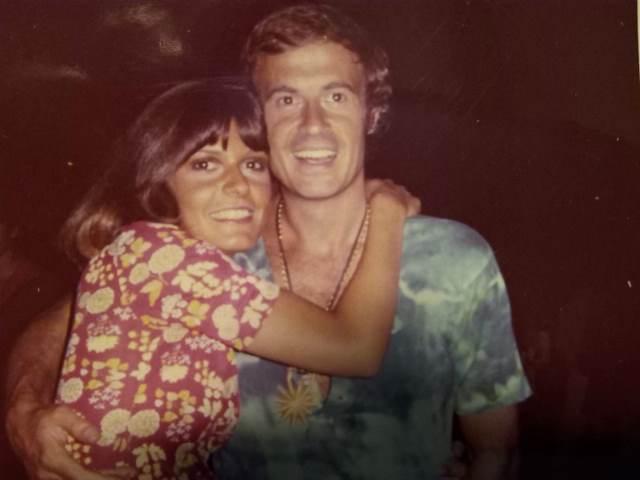
Mita Medici and Franco Califano.
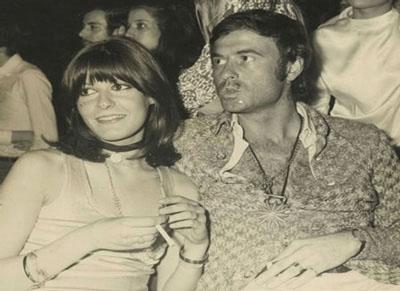
Mita Medici and Franco Califano.
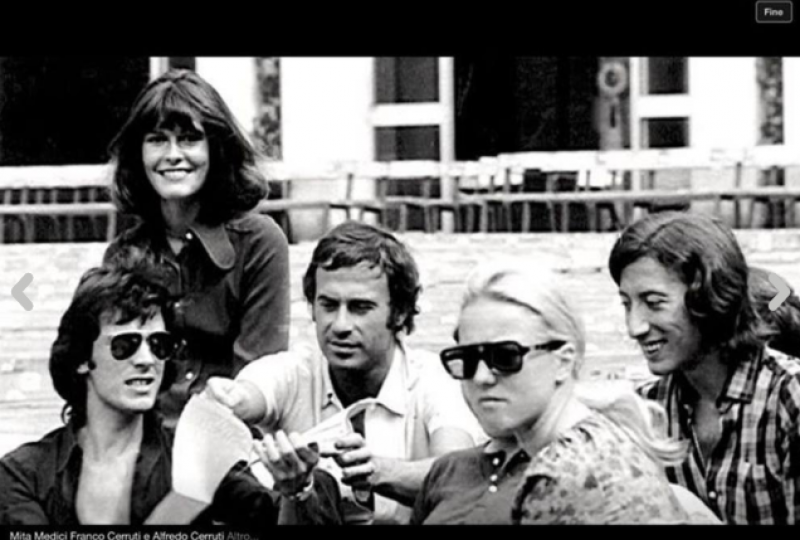
Mita Medici, Franco Califano and friends.
Some other phrases from the Caliph
It is enough for me to stay in the corner of this street, who knows that, sleeping here, tomorrow I invent another life.
Emotions, shortness of breath and the heart racing are the true meaning of existence.
The meaning of life... Not missing a moment of life.
In the swamp only the crocodile is saved.
The adventurer never misses a target, full of women who he doesn't even count anymore he tells everyone I love you knowing to pretend!
There is a world full of people out there. Close the door.
When you love too much you end up loving badly, you get stuck, only the lover fucks properly.
However it is well known: in the end it is always and only the woman to choose. At the most it is up to us to attract attention.
With women I have always created magical moments: I disappeared after having slept with them.
What is your weapon of seduction? I, let's say, I know how to make love.
A man's orgasm must be a woman's pleasure.
If the kiss is not good nothing else is good.
Do you know why I wrote a book on sex? (Calisutra) Because they asked me to do it and they did well.
I've never heard women say: tonight dear no! I want to sleep...
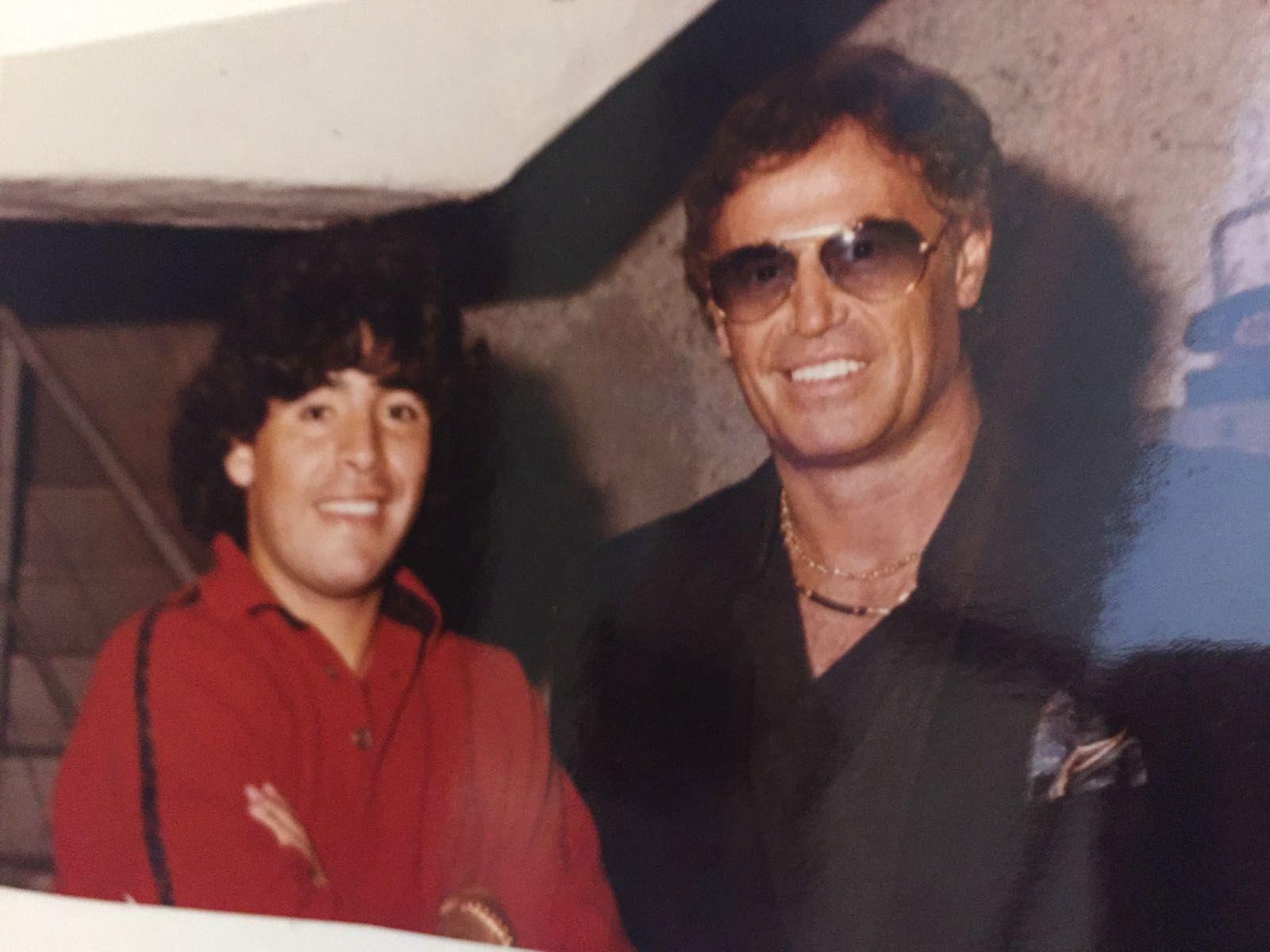
Franco Califano and Diego Maradona.
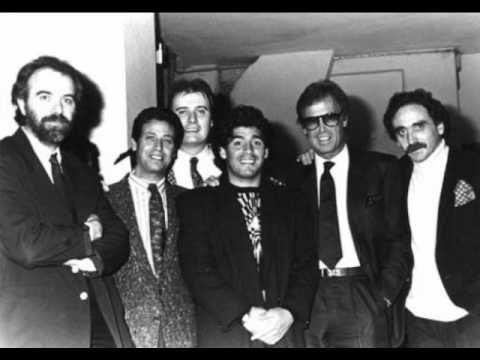
Franco Califano and Diego Maradona.
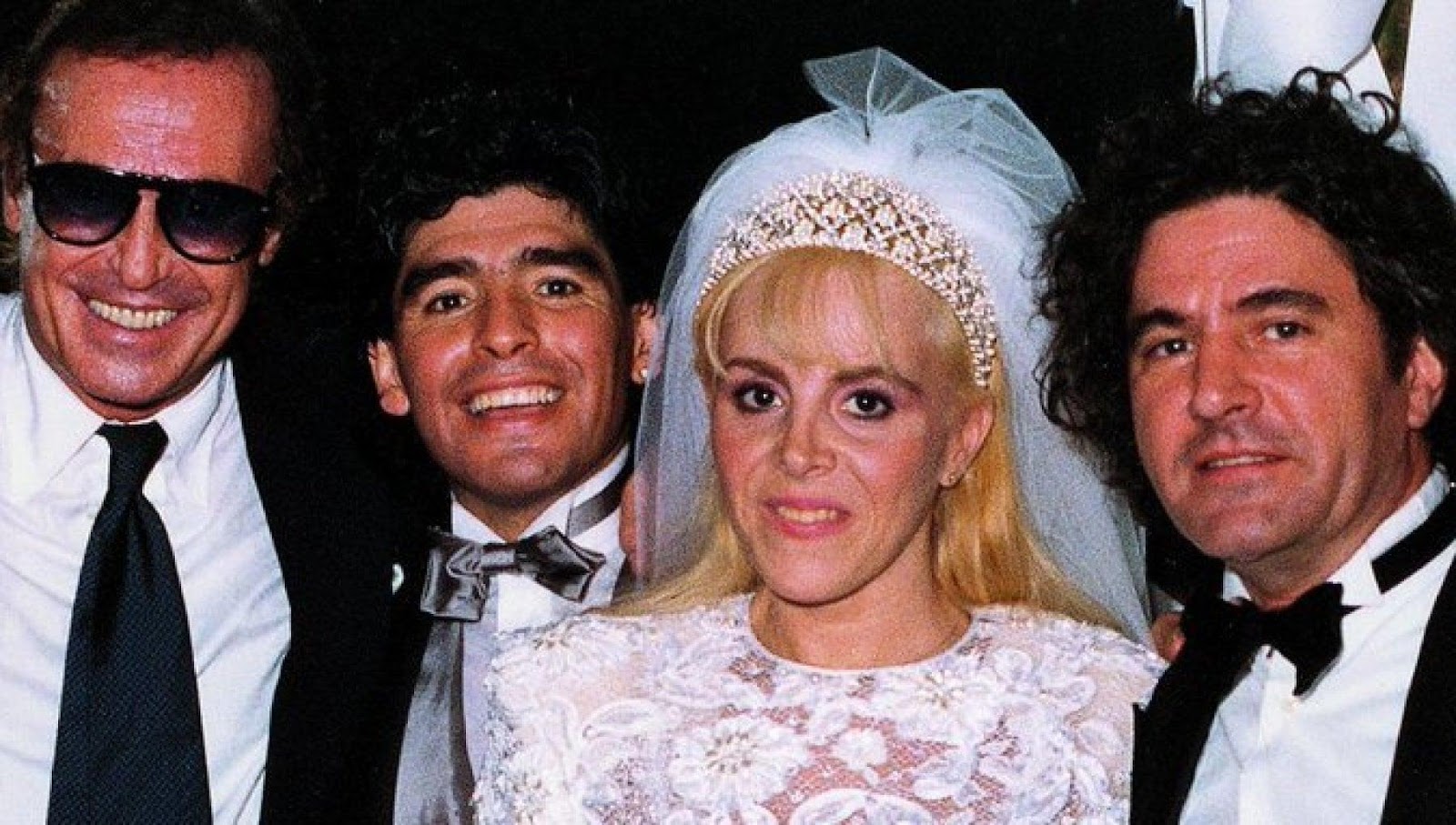
Franco Califano, Diego Maradona, Claudia Villafane and Fausto Leali at Diego’s wedding in 1989.
Califano, together with Fausto Leali, becomes the favorite singer of Diego Maradona, who invites him to his wedding with Claudia Villafane in Argentina.
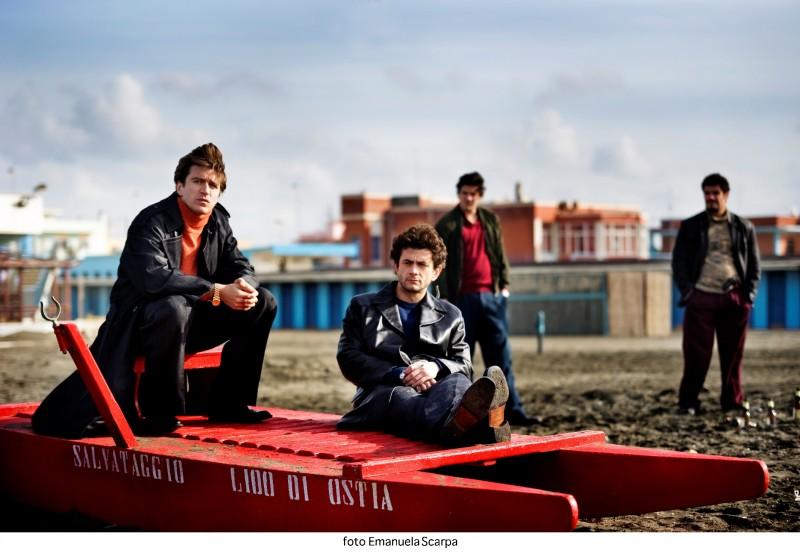
Dandy and Freddo at Ostia. Romanzo Criminale by Stefano Sollima.
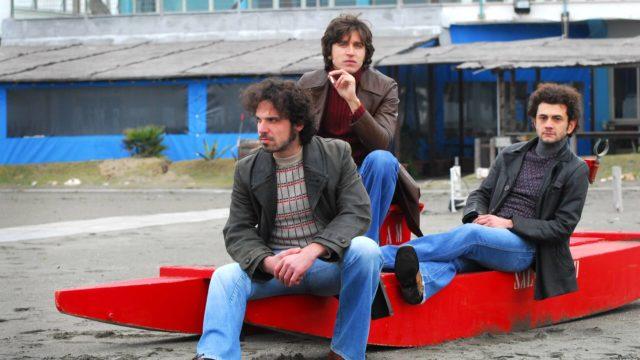
Libanese, Dandy and Freddo at Ostia. Romanzo Criminale by Stefano Sollima.
In the Rome of that time the Banda della Magliana reigned and, needless to say, their favorite singer was Franco Califano.
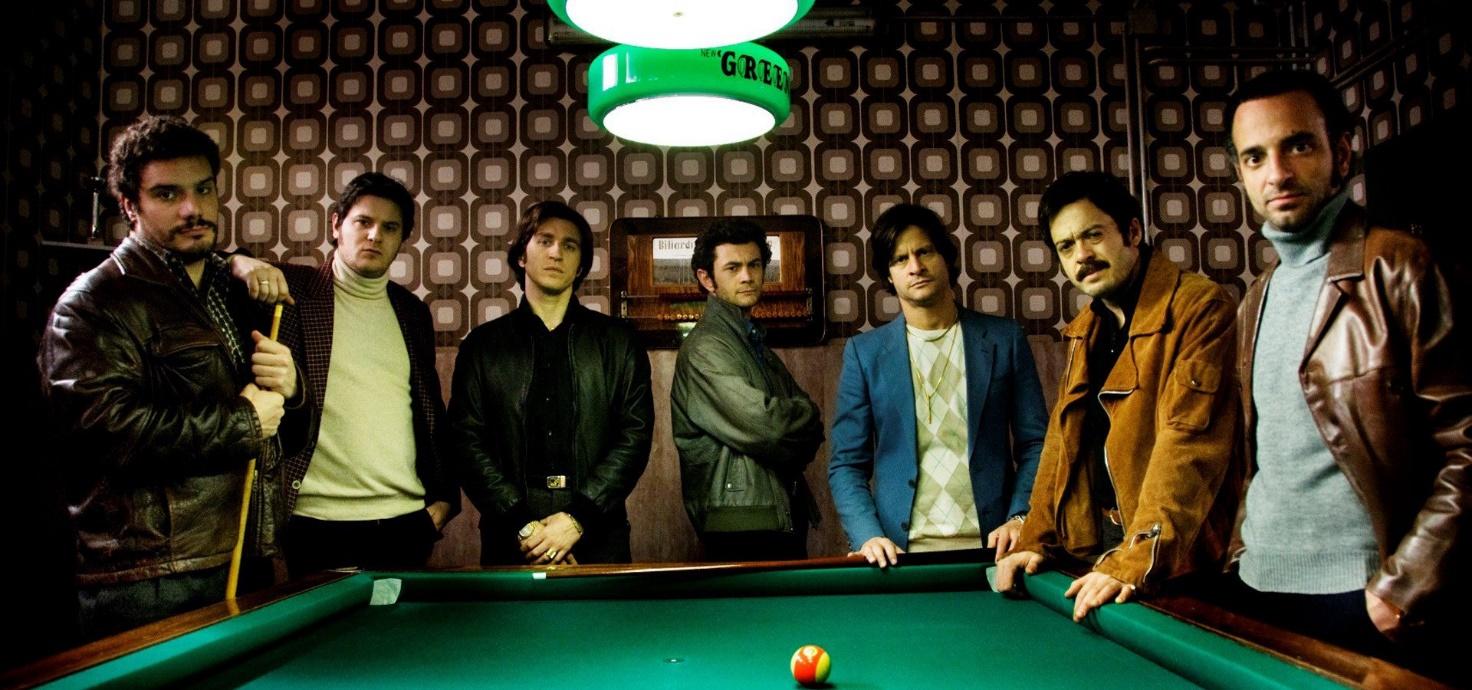
Romanzo Criminale by Stefano Sollima, the cast.
Money, power, politics and the mysteries of Italy. The story of the Banda della Magliana told by the protagonists. By Alessandro Sala. November 24, 2010.
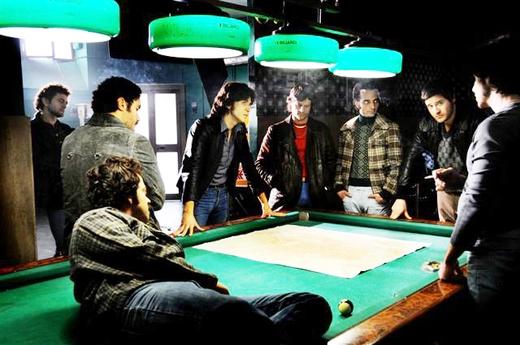
Romanzo Criminale by Stefano Sollima.
MILAN - Il Libanese has a long and untidy beard, wears sloppy clothes and attends a third-rate bar. Il Freddo continues to live in a shed-workshop, albeit furnished with designer furniture and a pool table and goes around Rome with an unlikely utility car. Fierolocchio, Bufalo and Scrocchiazzeppi show off a few gold bracelets and some leather jackets but, in the end, their look is always that of suburban losers. Only il Dandy is an exception. But this in fiction. "Because we all dressed at Caraceni and went around in a Ferrari". And this is the reality. Told by the same protagonists of the time, at least those still alive.
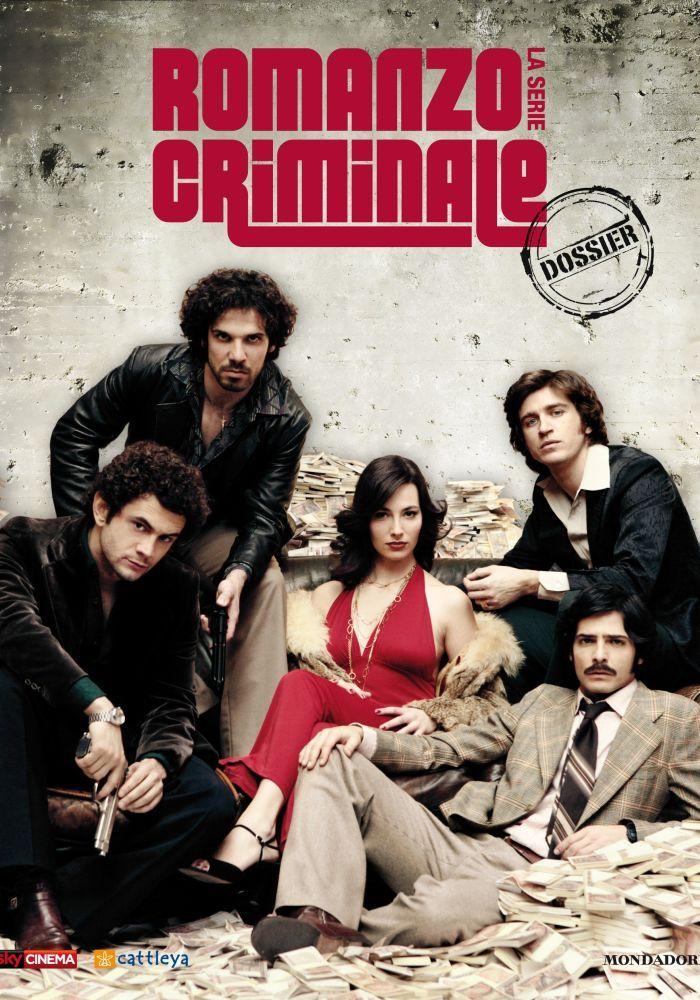
The TV series Romanzo Criminale, directed by Stefano Sollima.
The success of Romanzo Criminale - first the book by Giancarlo De Cataldo, then the film by Michele Placido and now the TV series directed by Stefano Sollima who drew inspiration from that book - rekindles the spotlight on one of the criminal groups most closely connected with the recent history of our country. La Banda della Magliana. A ruthless organization which, in the seventies and eighties, had taken control of all the criminal trafficking in Rome and whose events were often intertwined - in ways and connivances still to be clarified - with those of the many Italian mysteries, from the kidnapping of Moro to the Bologna massacre and the kidnapping of Emanuela Orlandi. Also for this reason the true story of the gang - born from the fusion of two "batterie" of petty criminals, from Trastevere and, in fact, from the neighborhood on the southwestern outskirts of the city from which the gang then took its name - goes far beyond the one told in the book which, in the same way, from the real stories of Franco Giuseppucci, Maurizio Abatino, Enrico De Pedis and all the others drew more than a simple inspiration. "Only one of us could have ripped us off," explains Renzo Danesi, who has never regretted his belonging to the criminal group. The gang began to weaken in 1983 when an affiliate decided to repent and tell everything. However, the epilogue takes place only about ten years later, with the arrest of Maurizio Abatino in Caracas in 1992. In between, a long trail of blood and infighting for control of the capital's criminal business. Over the years, the aspiring new kings of Rome have killed each other and the parenthesis was closed. But it is enough to take a look at certain comments that accompany the videos that reproduce clips from the film or from the TV series on YouTube to realize how much Libano & Co have nevertheless left their mark and how for someone their stories are almost legend.
When we talk about the Banda della Magliana we are reminded of the exponents of that criminal group that, between 1975 and 1986, had Rome in check. With Mancini, known as "l’Accattone", there were other elements such as Maurizio Abbatino and Enrico De Pedis who led a criminal plan made up of robberies and racketeering: from drugs to weapons, from building control to relations with the far right.
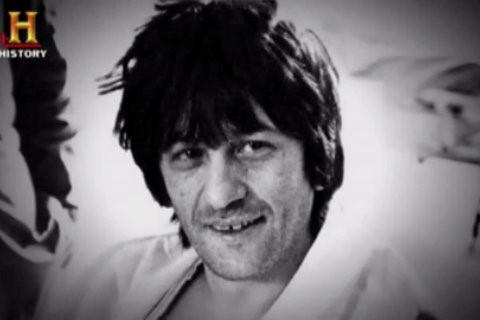
Nino Mancini, a former member of the Banda della Magliana, meets in prison a police officer who makes him discover authors such as Moravia, Morante and Pasolini. His nickname derives from the latter's film, the Accattone. “San Basilio, Mancini says, is defined as a village of communists and thieves. In the neighborhood those dressed well were the thieves. He explains the philosophy of the Magliana gang: “we wanted to welcome everyone, Neapolitans, Sicilians, but it had to be clear that we were there. The others were guests, if they wanted to do business they had to ask us”. His job was to straighten the wrongs. “To go and conquer the villages. With my courtesy I convinced them, saying that they have to stay with us. If they accepted well, otherwise they had to accept. With hard ways to convince them, otherwise eliminate them completely”. The gang was available to everyone. A criminal agency. “Was it necessary to kill Pecorelli? We intervened. Should the investigations of the Bologna massacre have to be misdirected? We were doing it". And don't you still fear being killed today? "Fear? When it's your turn it's your turn…”. From the kidnapping of Emanuela Orlandi to the Calvi suicide under the London bridge Mancini recounts an Italian period of crime news, with high-sounding names such as Andreotti and Vitalone. The Banda della Magliana had its rules: we were all at the same level, the so-called “stecca para”, everyone got the same share.
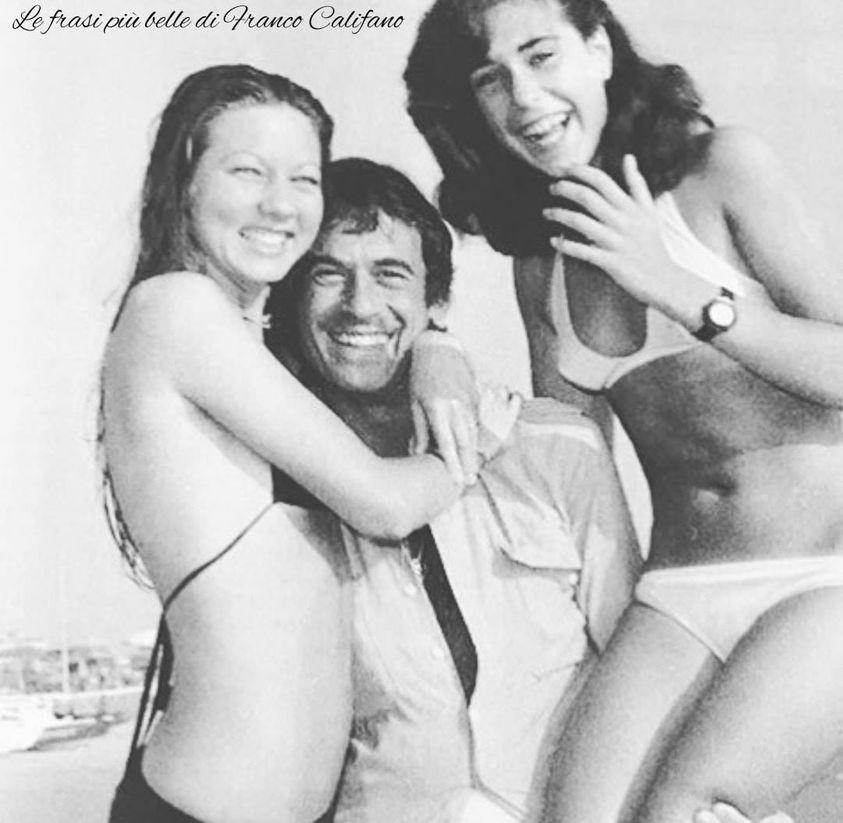
What remains of Franco Califano. How much we miss a seducer in Rome.
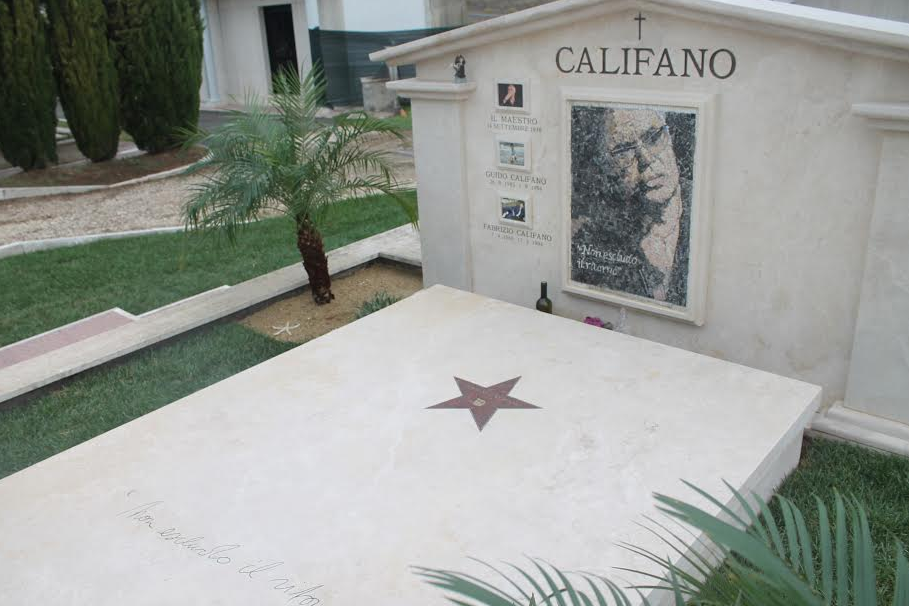
Ardea.
From the terrace of Jep Gambardella at Celio the tomb of Franco Califano cannot be seen, too far the cemetery of Ardea where the body has been buried since 2013. The tomb is a contradiction for Califano who has always exorcised the fear of death and, in fact, on the white plate is written the epitaph "I do not exclude the return". But it is still the last station "for the warrior who is resting after having turned half the world upside down". Waiting for the visitor is a large grainy, mosaic photo, a photo of more recent years, with a tough face, even though he has never been tough, the gaze hidden by the glasses, the face hollowed out without a smile, there is no date of death, it is simply written "the Master". The tomb is not the open door of the houses of the past and, in fact, except for anniversaries, here there will never be the comings and goings of boys and musicians, curious and passionate, as well as of women of course, which belonged to the very silent villa of Acilia and before that to the noisy lair of Primavalle, Califano’s white Moorish oasis in the hard and pure suburbs and even earlier to the Java bar with saffron yellow plaster of the playboy debuts in the popular Trionfale district and also to the parenthesis of the bourgeois apartment at Fleming in a pyrotechnic building where Arbore, Minà and many others were living, left out of a desire for solitude.
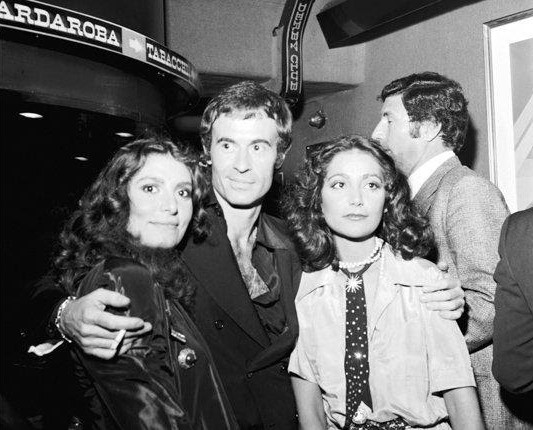
Franco, a timeless artist. Rome still weeps for you. Flowing champagne today, I drink to my friend...
Videos


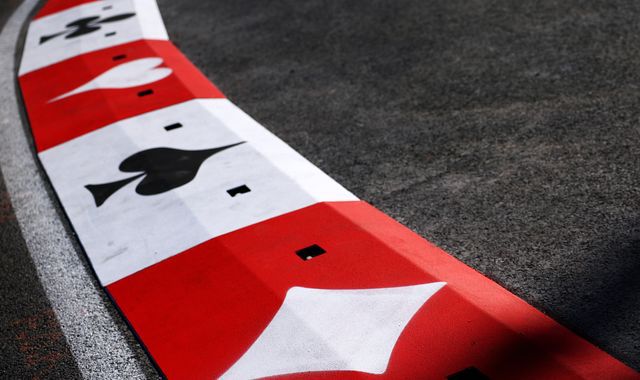
Comments
Authorize to comment